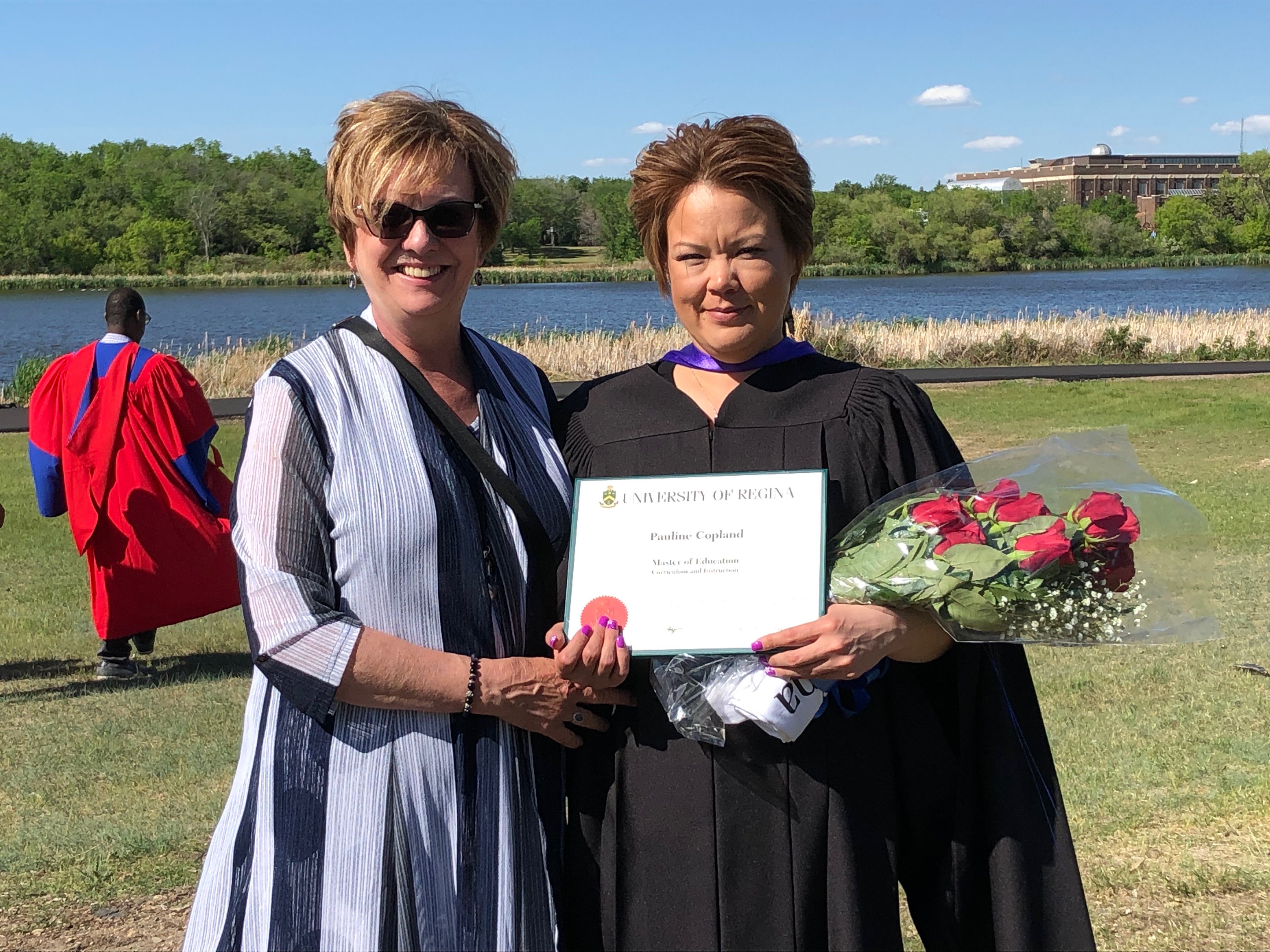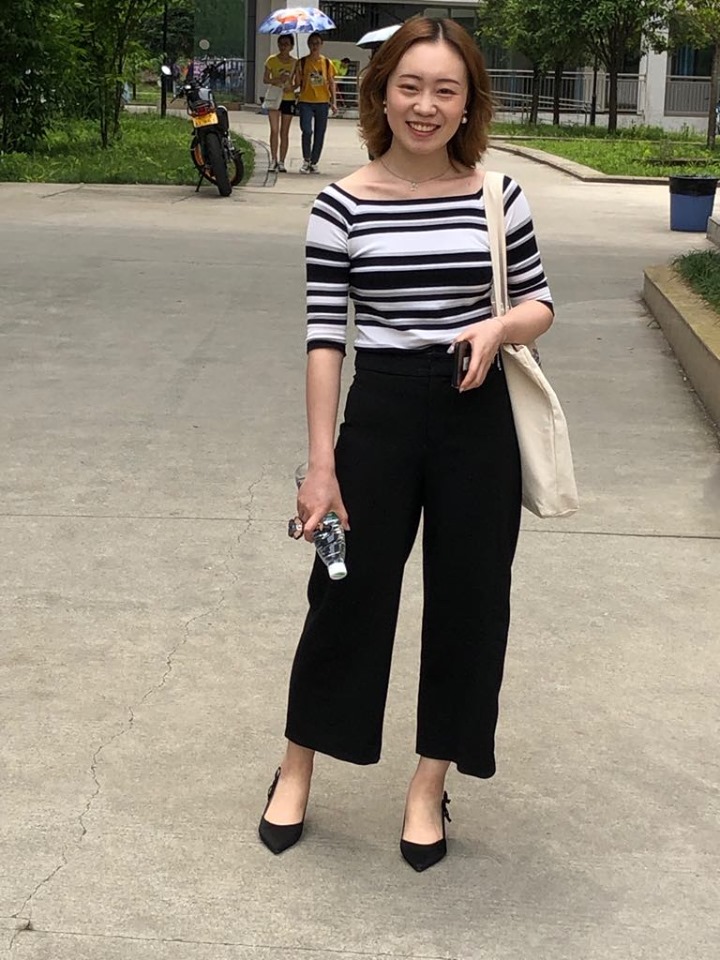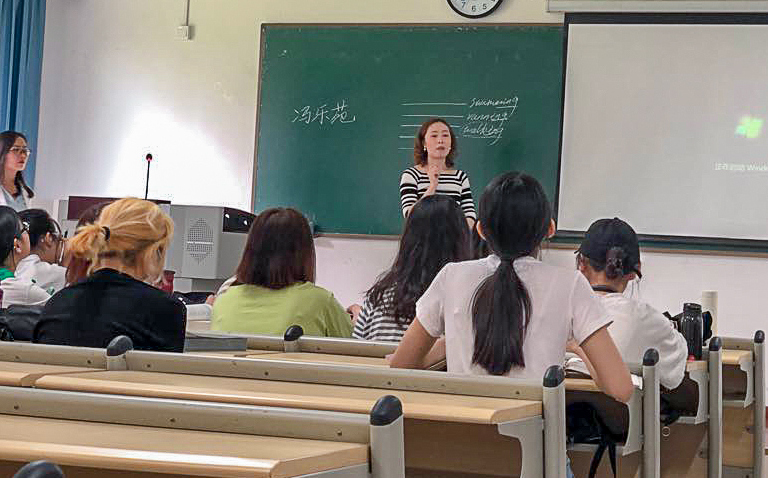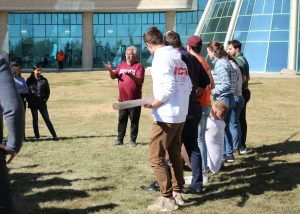
First-year medical students from the newly formed University of Saskatchewan (UofS) Regina campus College of Medicine participated in their first Indigenous Health Experience, facilitated by land-based learning teacher (Kakisiwew School on Ochapowace First Nation), Lamarr Oksasikewiyin, from Sweetgrass First Nation.
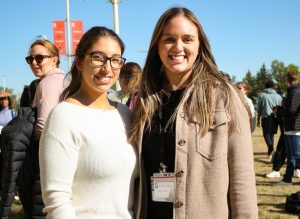
First-year medical student, Julia Billingsley, says, “I think this was a really great opportunity to experience Indigenous games. It’s a great way to experience the culture and it’s great that the games are being brought back and that they are being taught to this generation. I think this should continue and this event should be an annual thing.”
Student Whitney Curtis agrees, “Today was so exciting! It was a great opportunity to get involved and gain a better understanding of Indigenous culture. Like Julia said, it’s great that we are working towards reconciliation and learning more, and that there is a cultural resurgence. I’m very excited to be a part of this.”
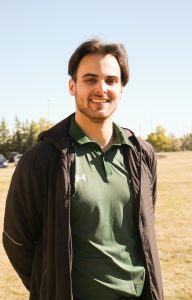
“This was a great experience,” says student Eriq Marleau. “It was fun to get out on a nice day and learn a bit about Indigenous culture, about how there are similarities; some games that they played, we grew up with as well. Like the top game, Lamarr noted that it is similar among a lot of cultures, and some of the other games too, like double ball and lacrosse. It was super fun to get out and play these games and have a great afternoon.”
“Traditional games are a safe way to learn about Indigenous culture and are the foundation of modern medicine,” says Dr. JoLee Sasakamoose, Chair of the Educational Psychology and Counselling program at the University of Regina and Adjunct Faculty in the U of S College of Medicine, Regina Campus.
Dr. Sasakamoose and Amanda Crowe, the Indigenous Coordinator at the U of S College of Medicine Regina Campus, organized the inaugural event, which took place at the First Nations University campus, Treaty Four territory, on September 21, 2022.
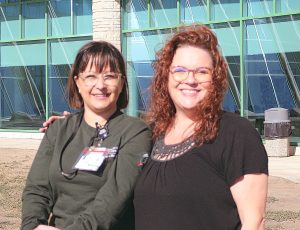
Crowe says, “We are shaping the next generation of health care practitioners at both universities. Volunteer counselling students from the U of R education psychology program made swag bags for the new med students to welcome them.”
The event is part of the first stage of relationship building to develop the Interprofessional Health Collaborative (IHC), a partnership between the University of Regina, the Saskatchewan Health Authority, and the University of Saskatchewan.
Sasakamoose says, “During the peak of the pandemic in 2020, the Universities of Saskatchewan and Regina, along with the Saskatchewan Health Authority (SHA), collaborated on the development of a partnership model to co-develop a community-focused medical school at the U of S Regina Campus, including programs to assist and address community health care needs within the Treaty 4 territory. The Interprofessional Health Collaborative (IHC) was formed to implement a model to increase access to healthcare, support and ensure better patient engagement with treatment, and provide health advocacy, education, and promotion focused on the region’s healthcare needs.”
Crowe adds, “The IHC mission is regionally specific and intends to increase the recruitment of Indigenous students into STEM (K-12) and health profession careers to enhance and expand preprofessional health education opportunities and training in advanced health and wellness research.”
The IHC is responding to the TRC Calls to Action for health care (#18-24). Sasakamoose says, “Indigenous people in Canada have had to deal with disease, sickness, and starvation. History shows that we can’t count on the federal or provincial governments to provide enough support. As partners, we work together to teach students in a wide range of interprofessional programs how to better help under-served people while developing social responsibility. We provide health professionals, such as doctors, nurses, medical students, counsellors, educators and community-based peer health advocates, continuing education and training in culturally responsive, respectful ways. Utilizing traditional approaches such as land and cultural-based programming and community and relationship building, we respond directly to the TRC’s calls.”
The IHC will produce a final report informed by consultations with Indigenous people in the province, centred on the Treaty Four region. When released, the report will identify essential Indigenous health concerns and make suggestions for the region’s future Indigenous health and research agenda.
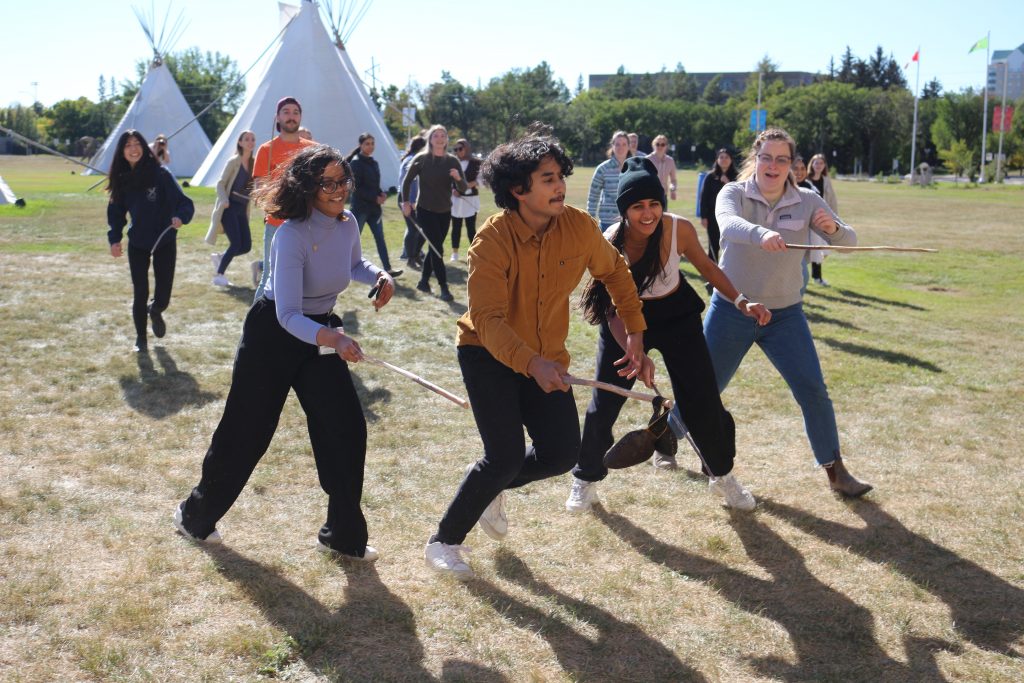
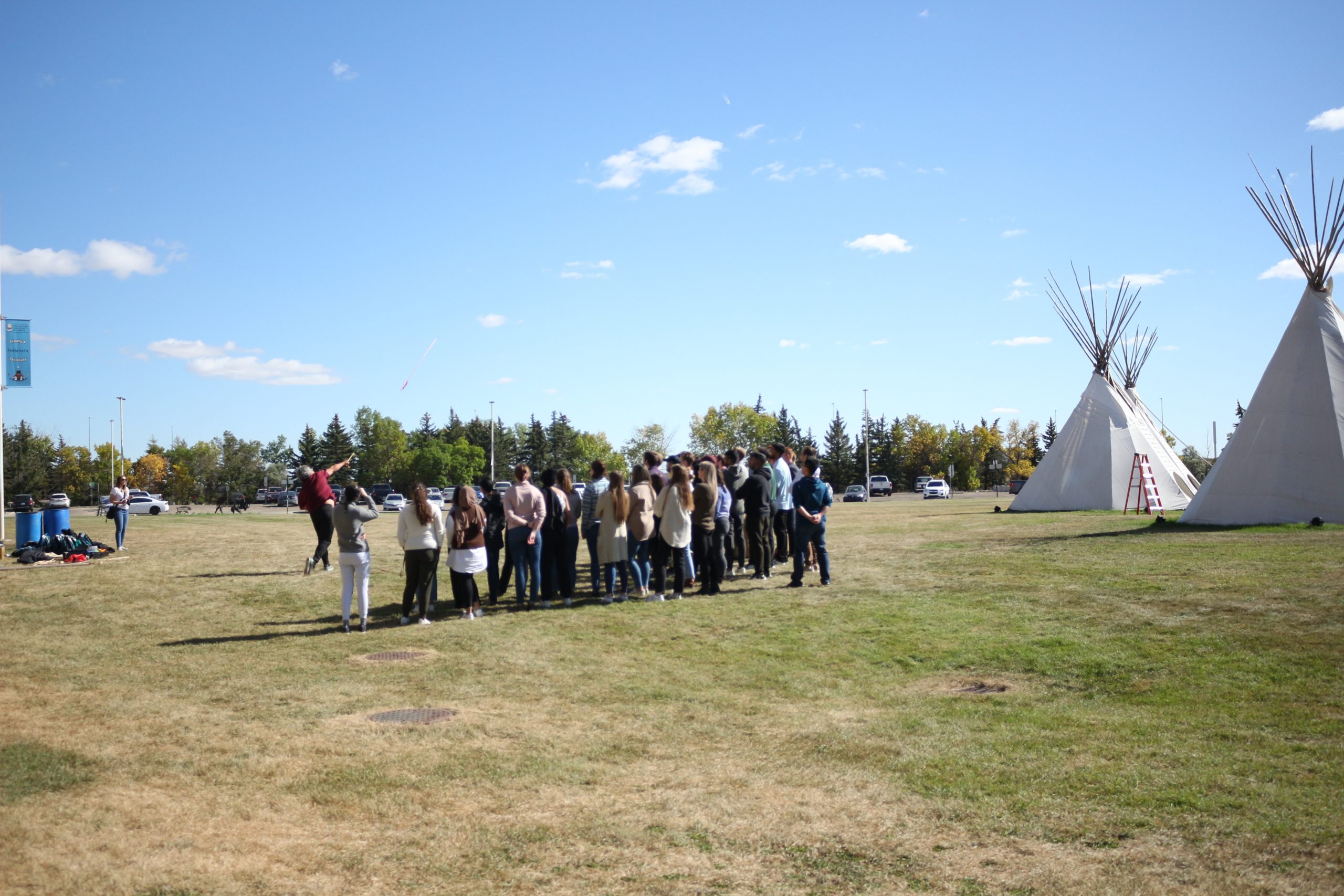
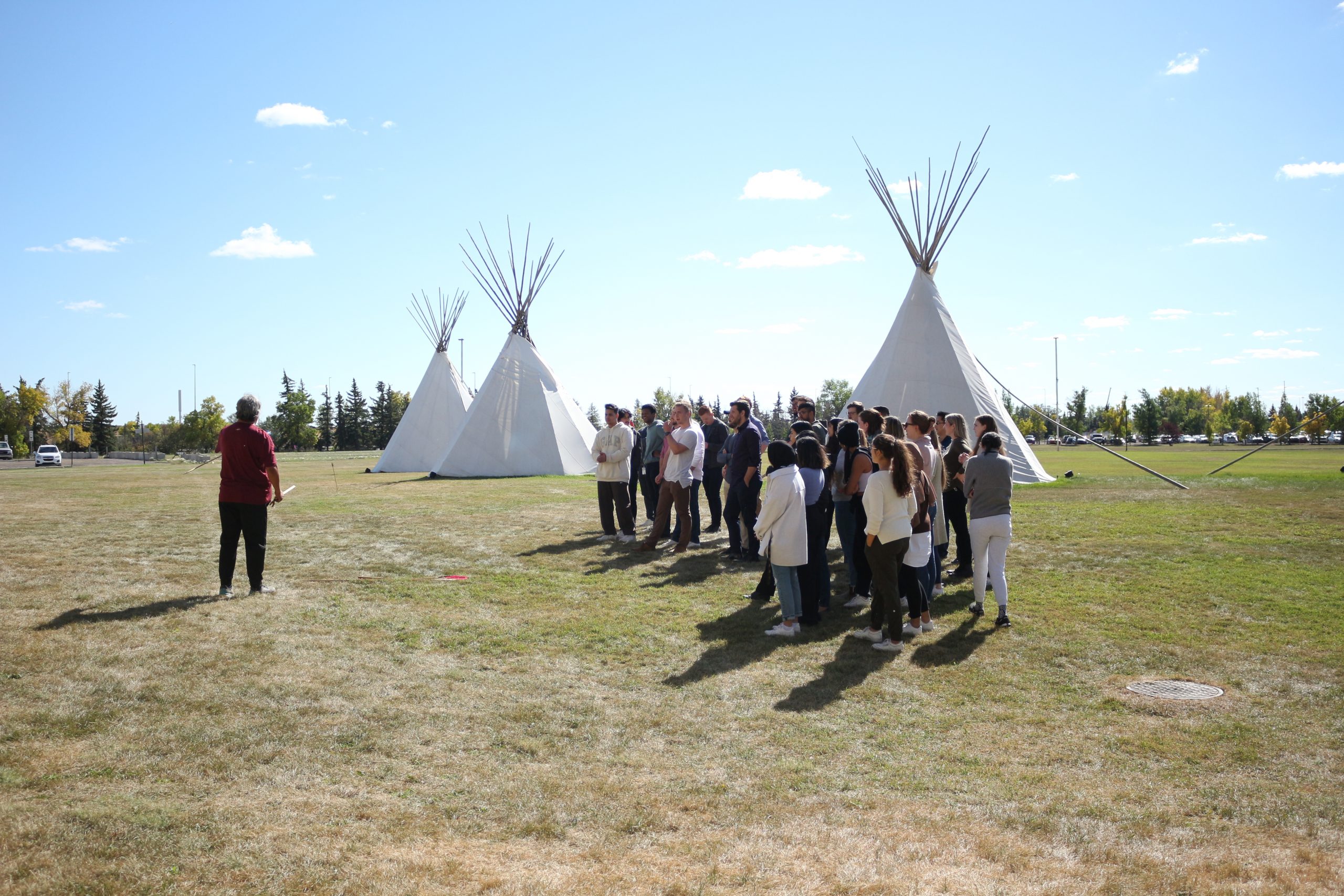
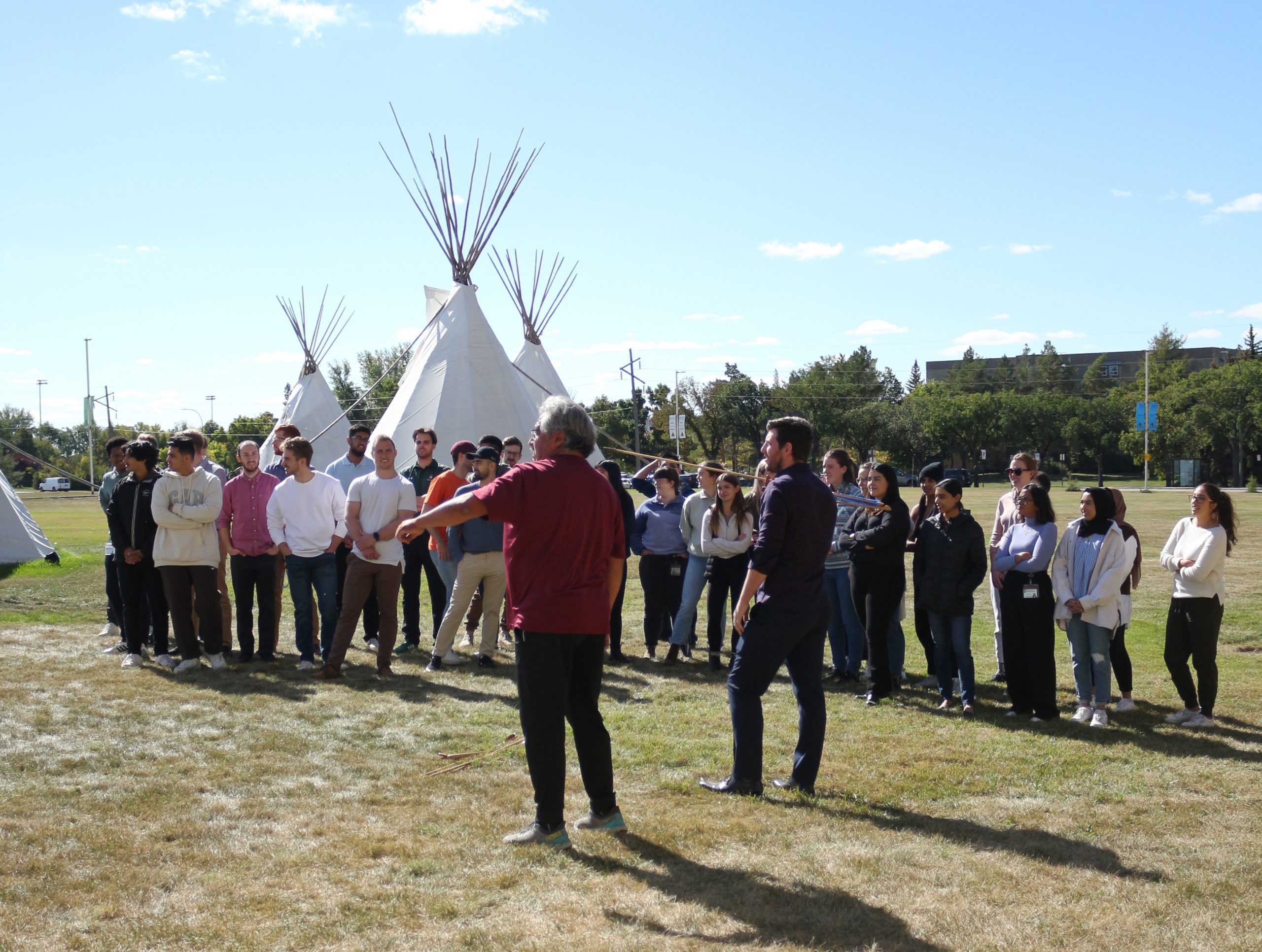
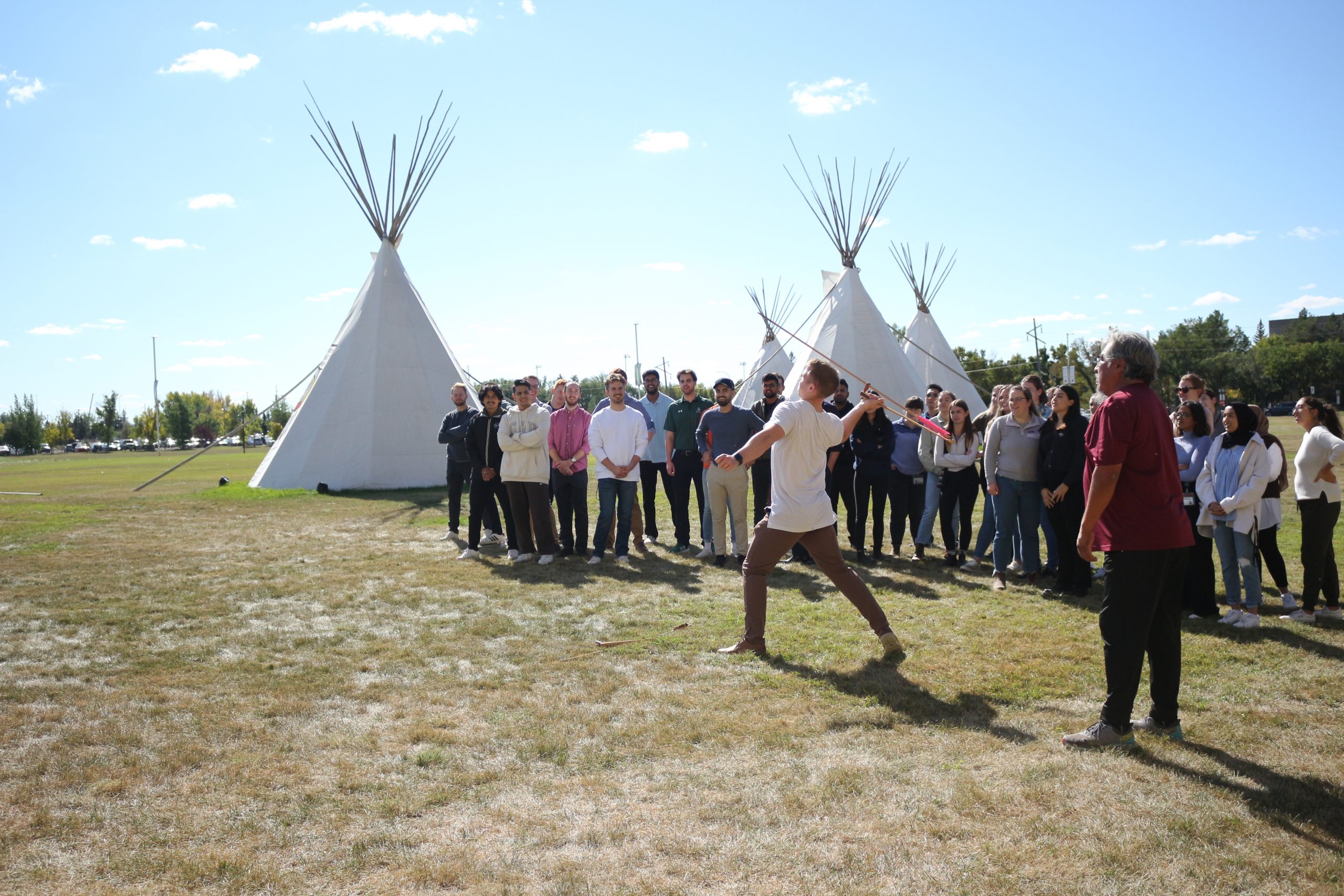
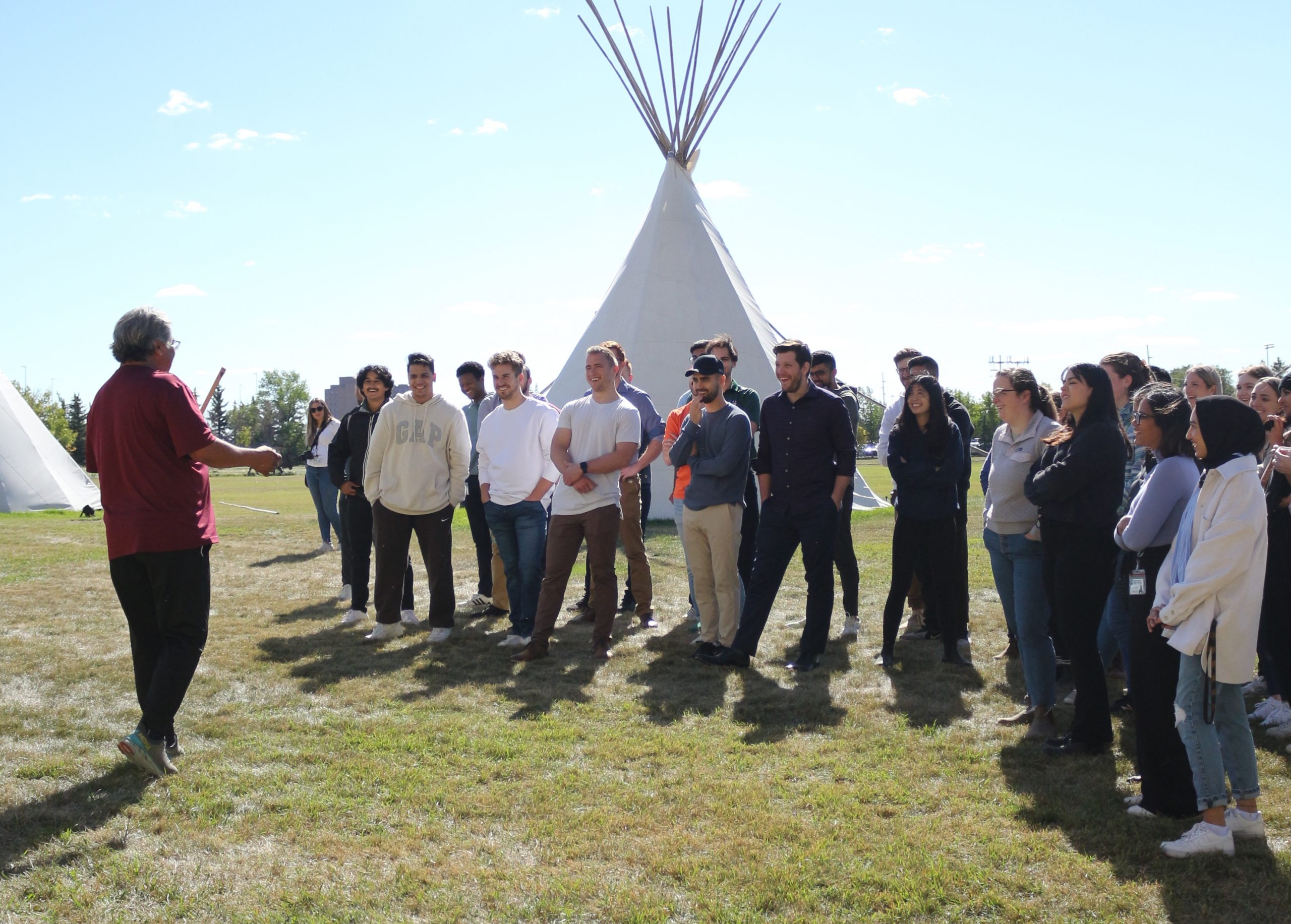
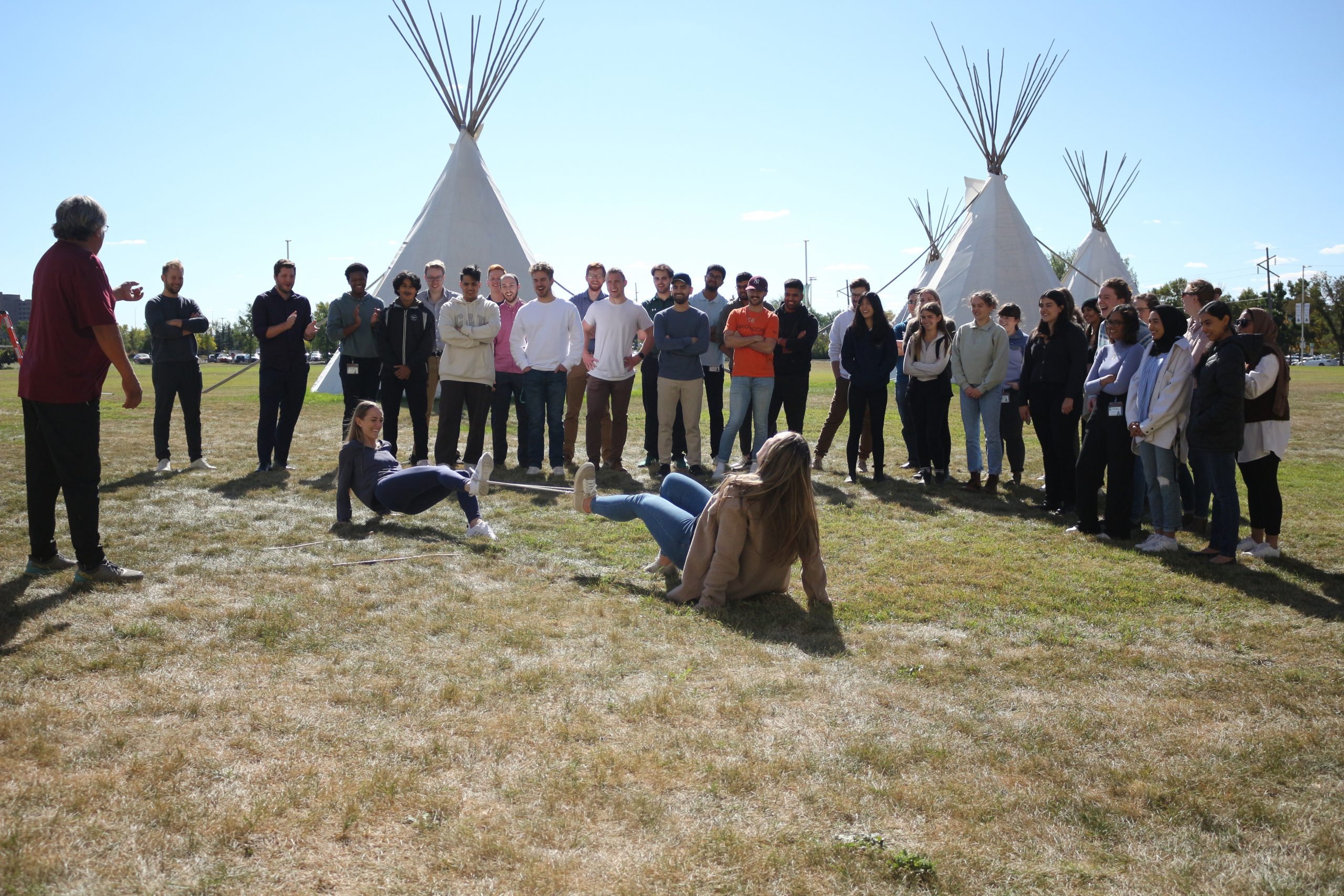
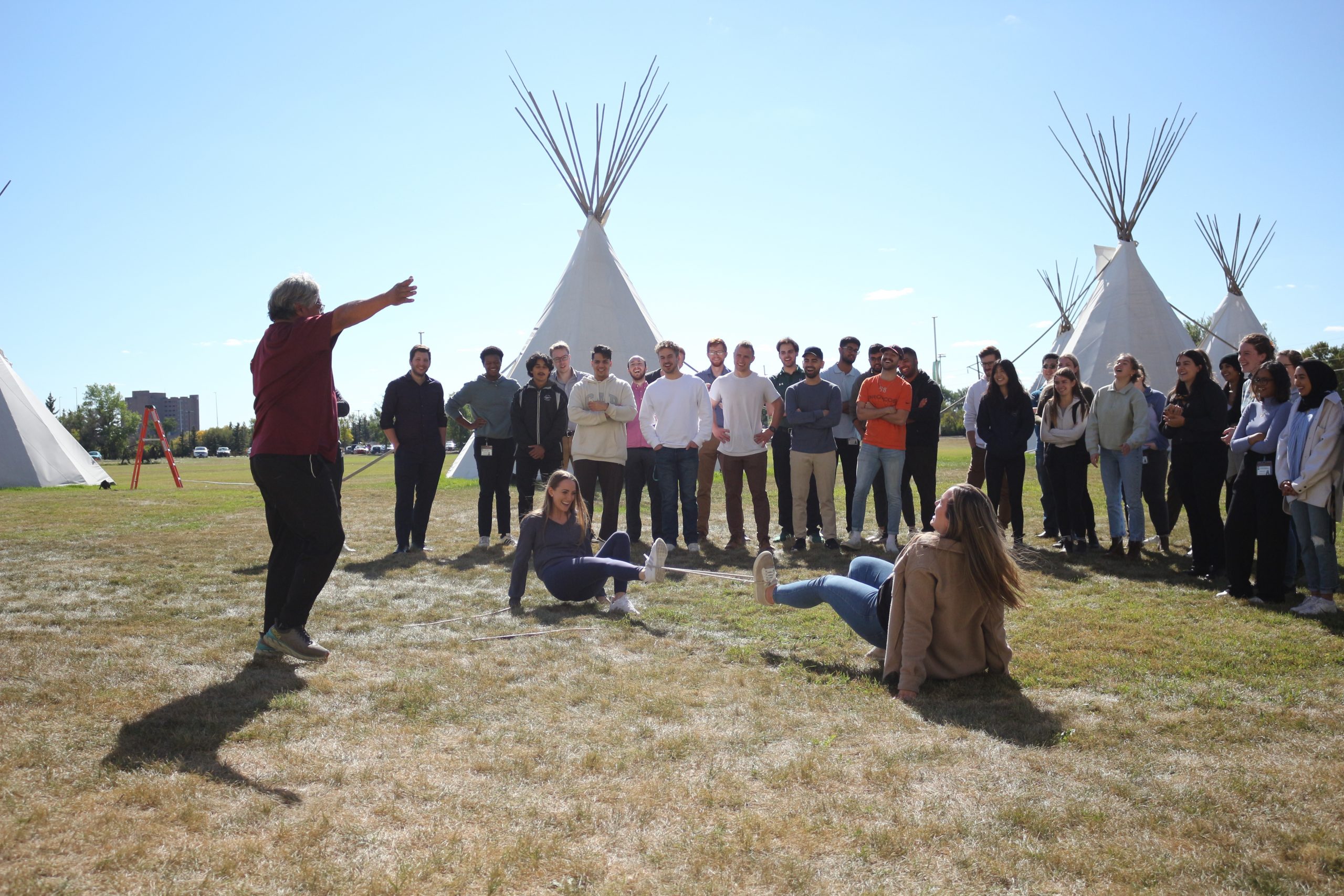
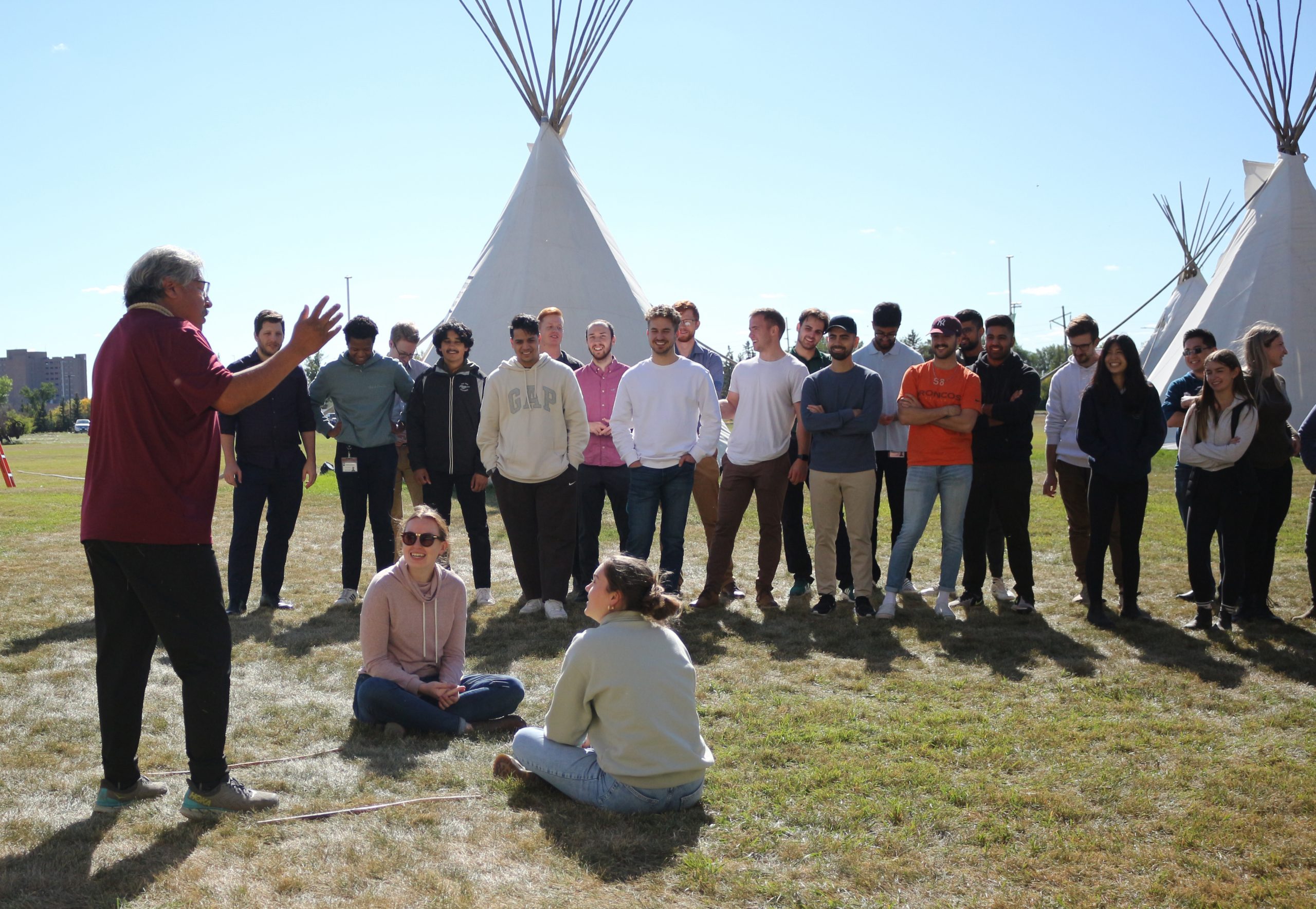
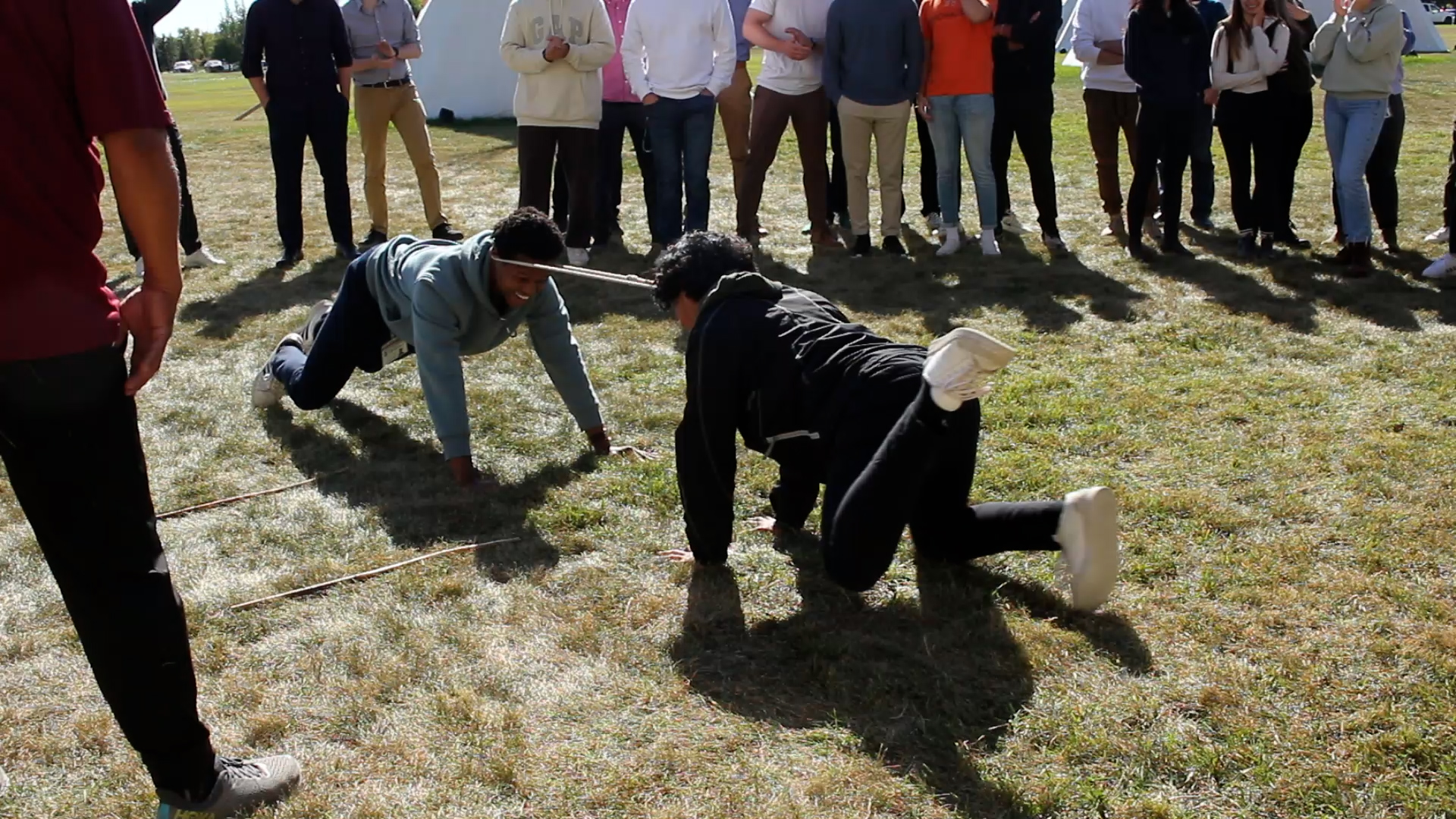
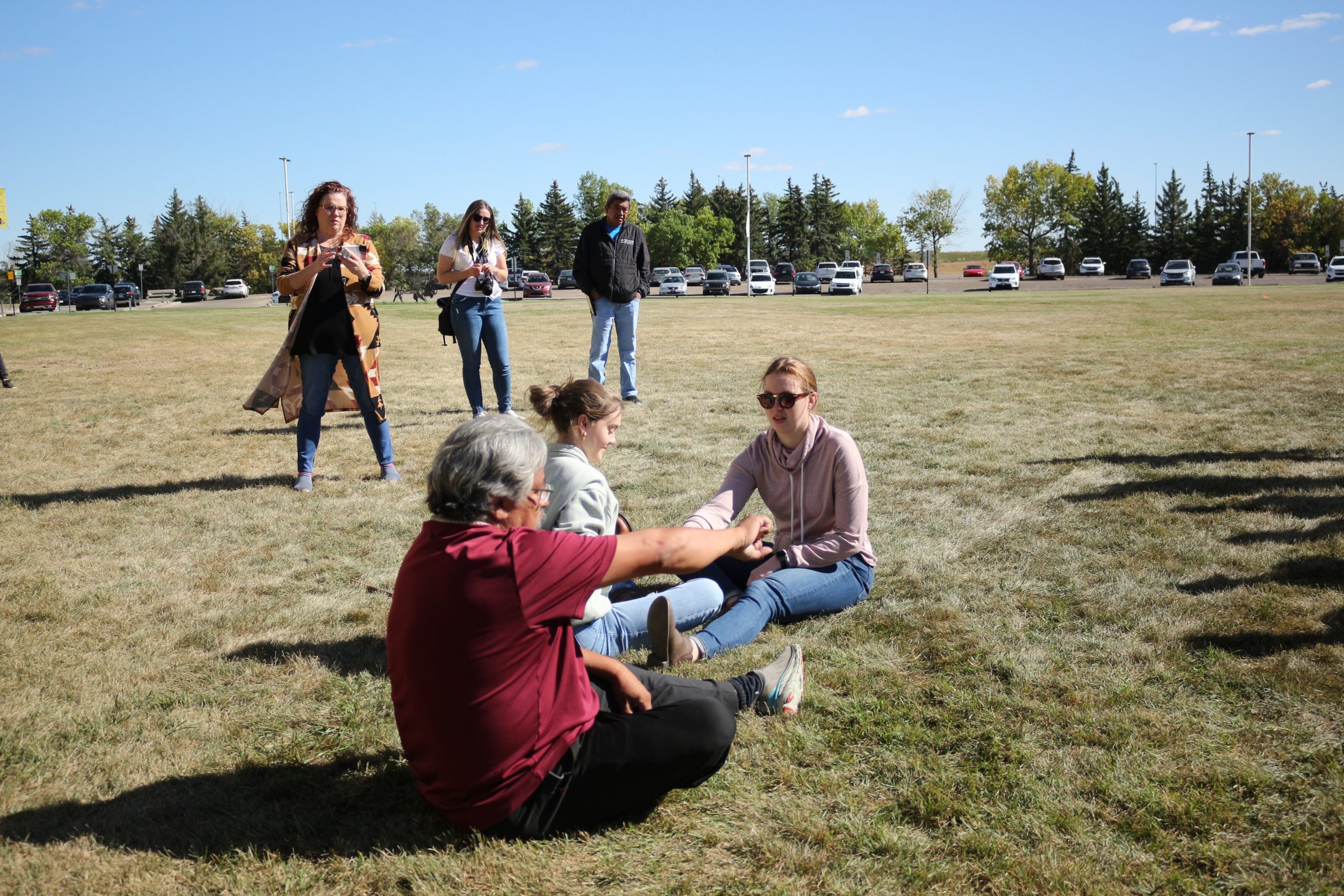
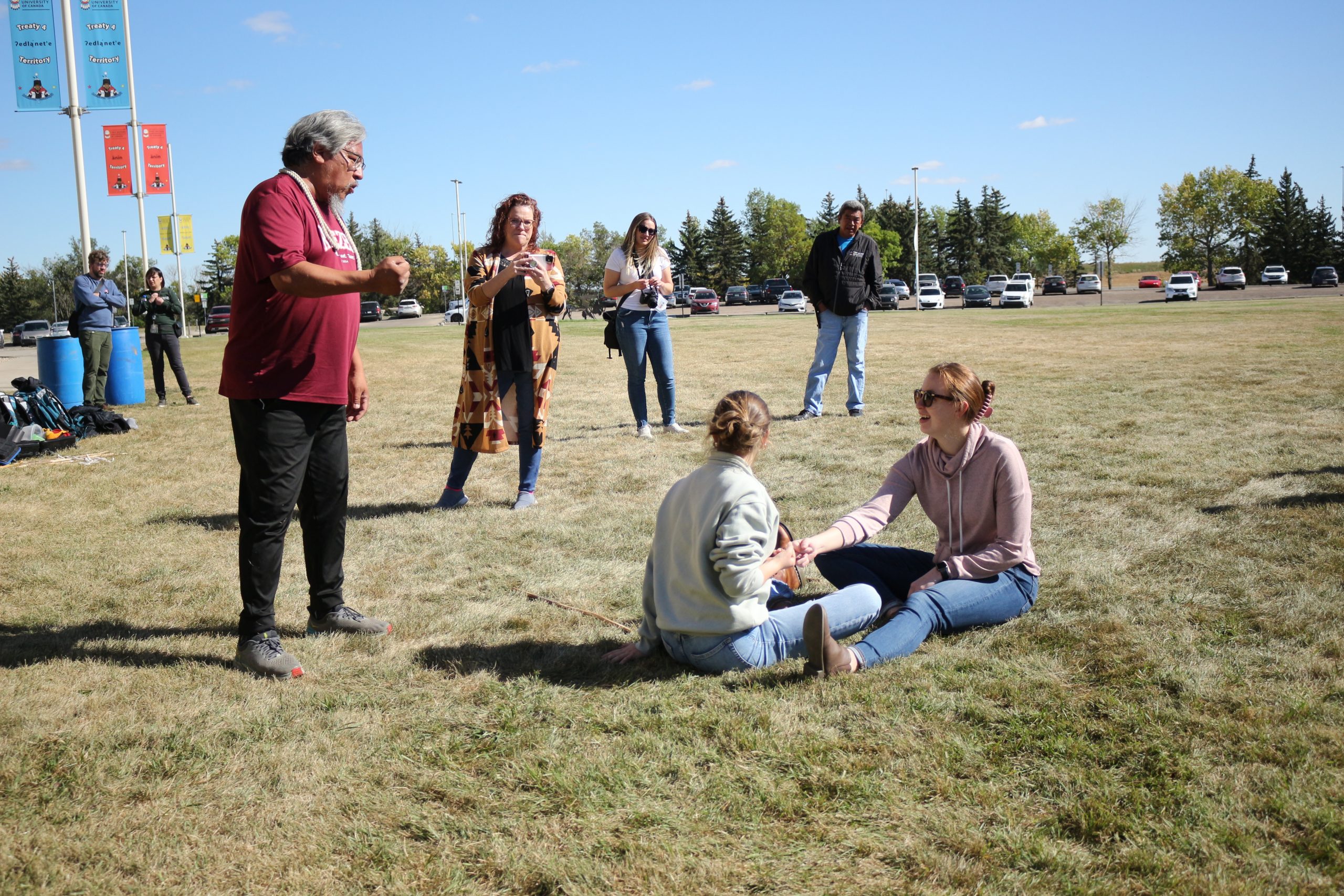
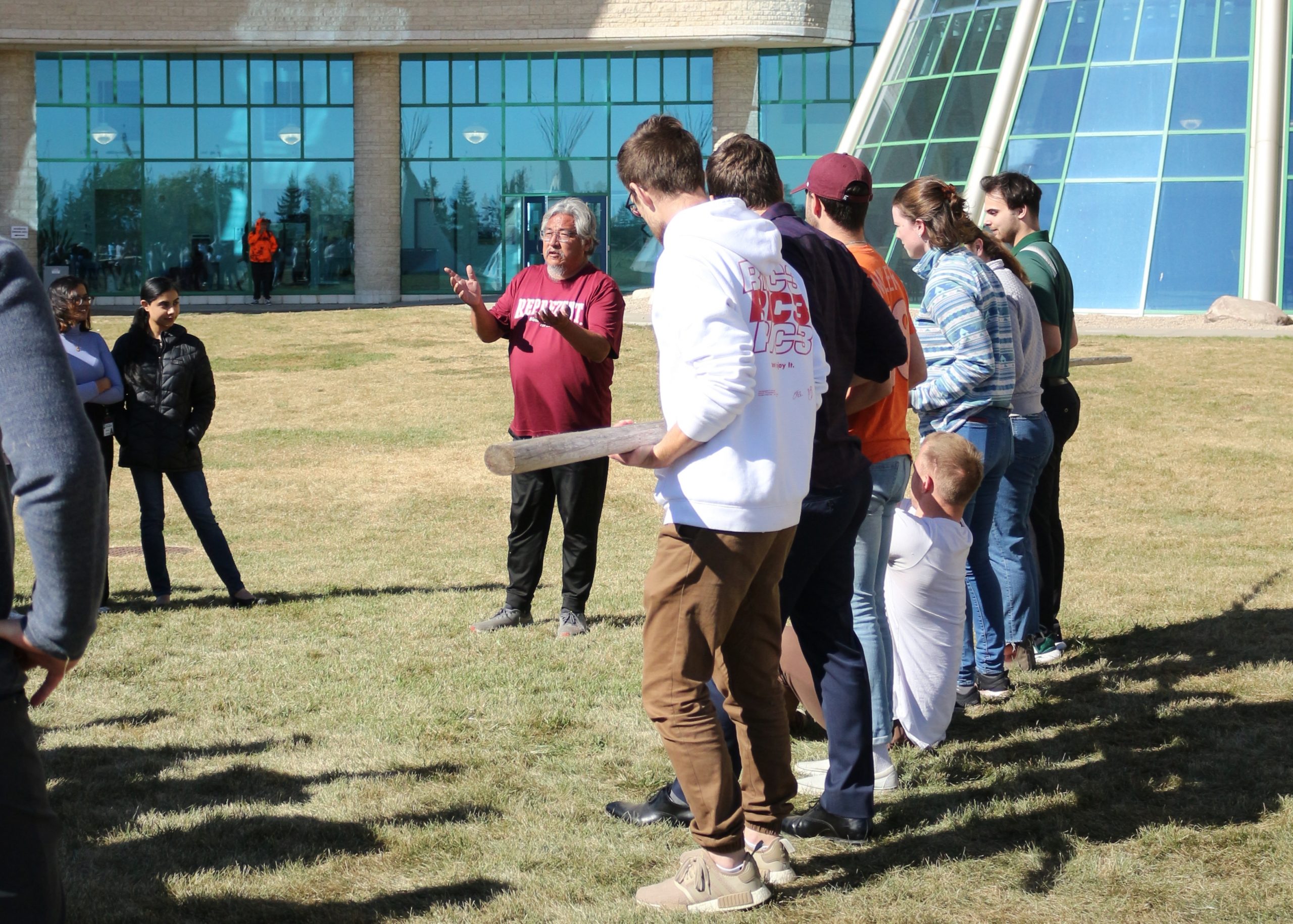
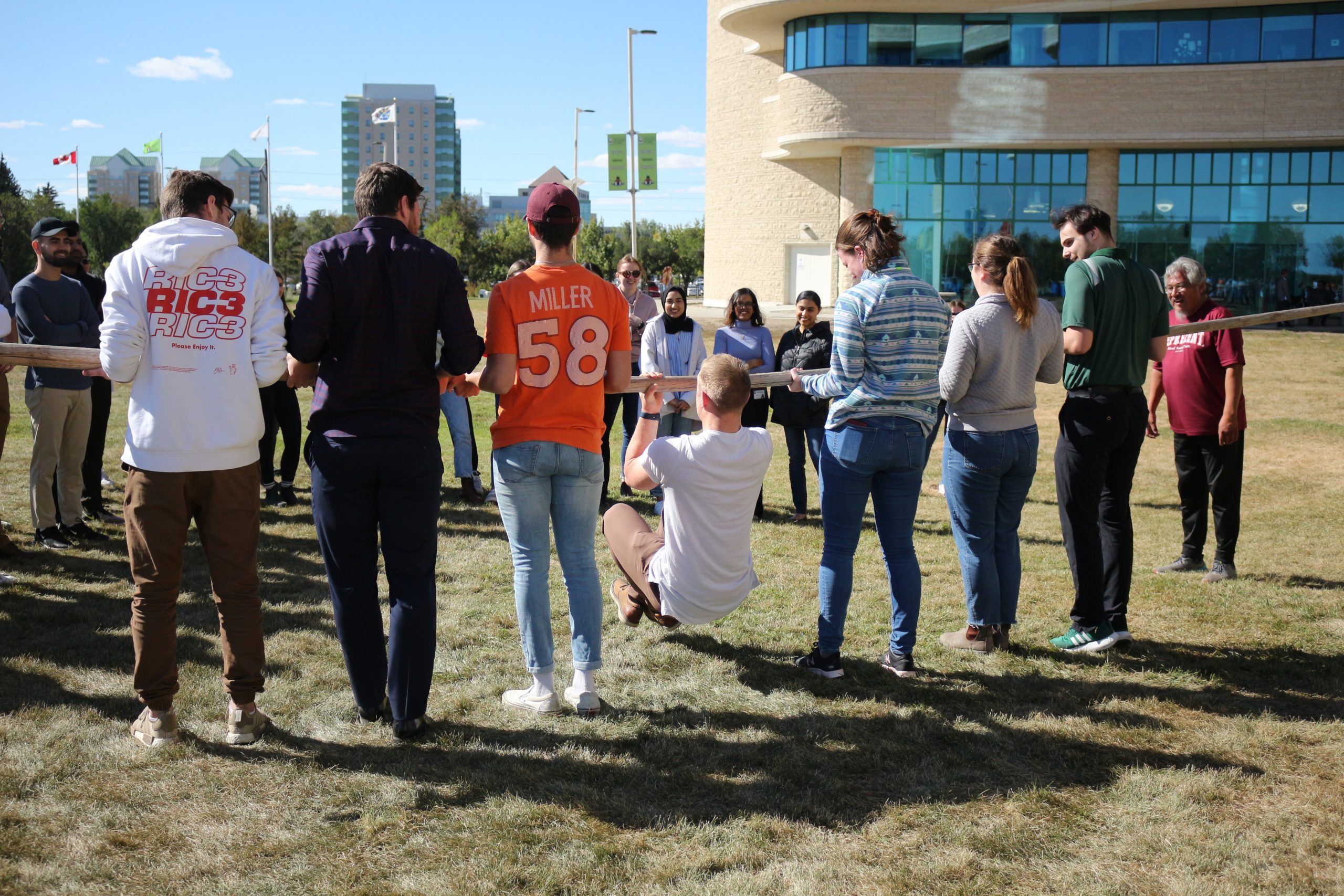
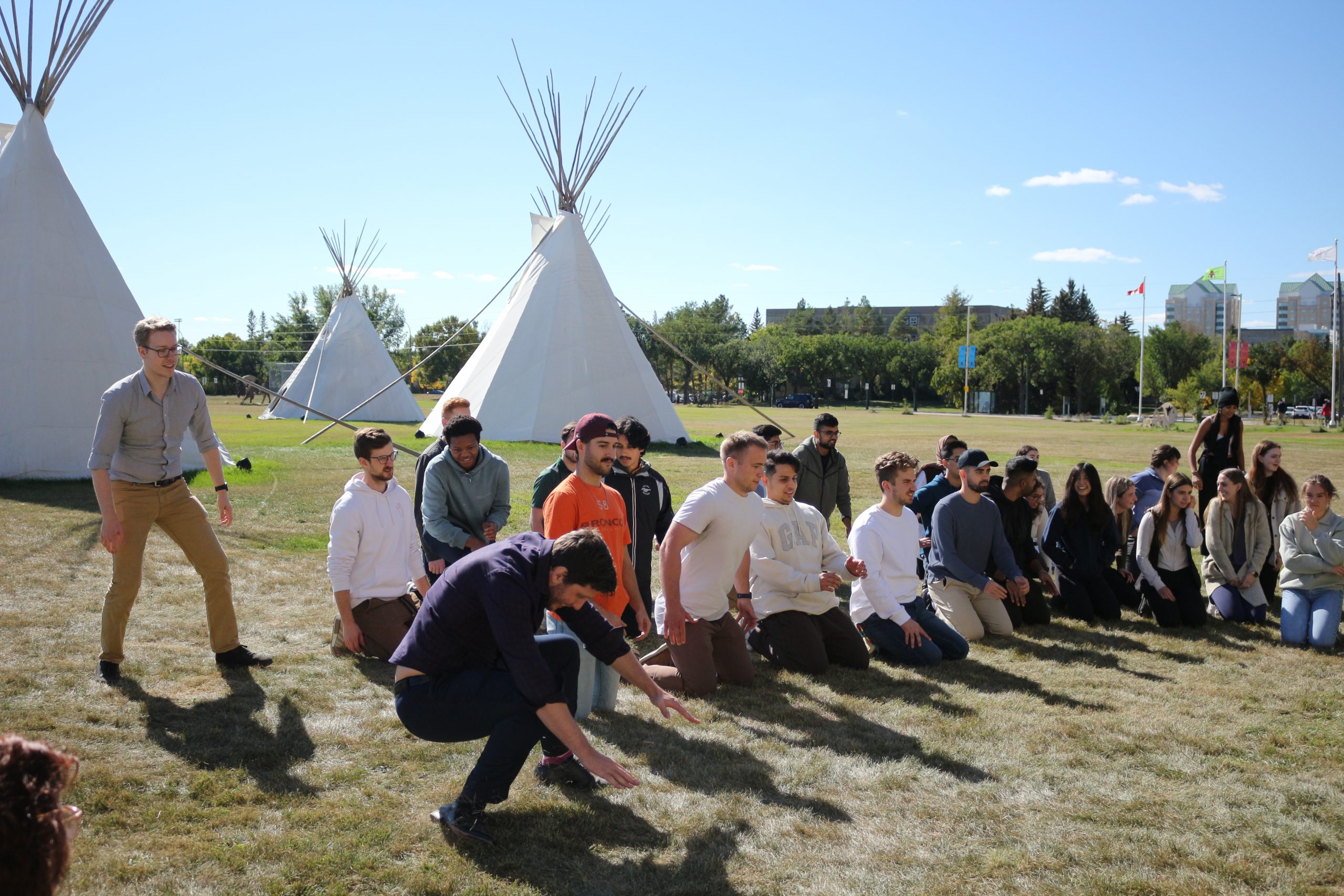
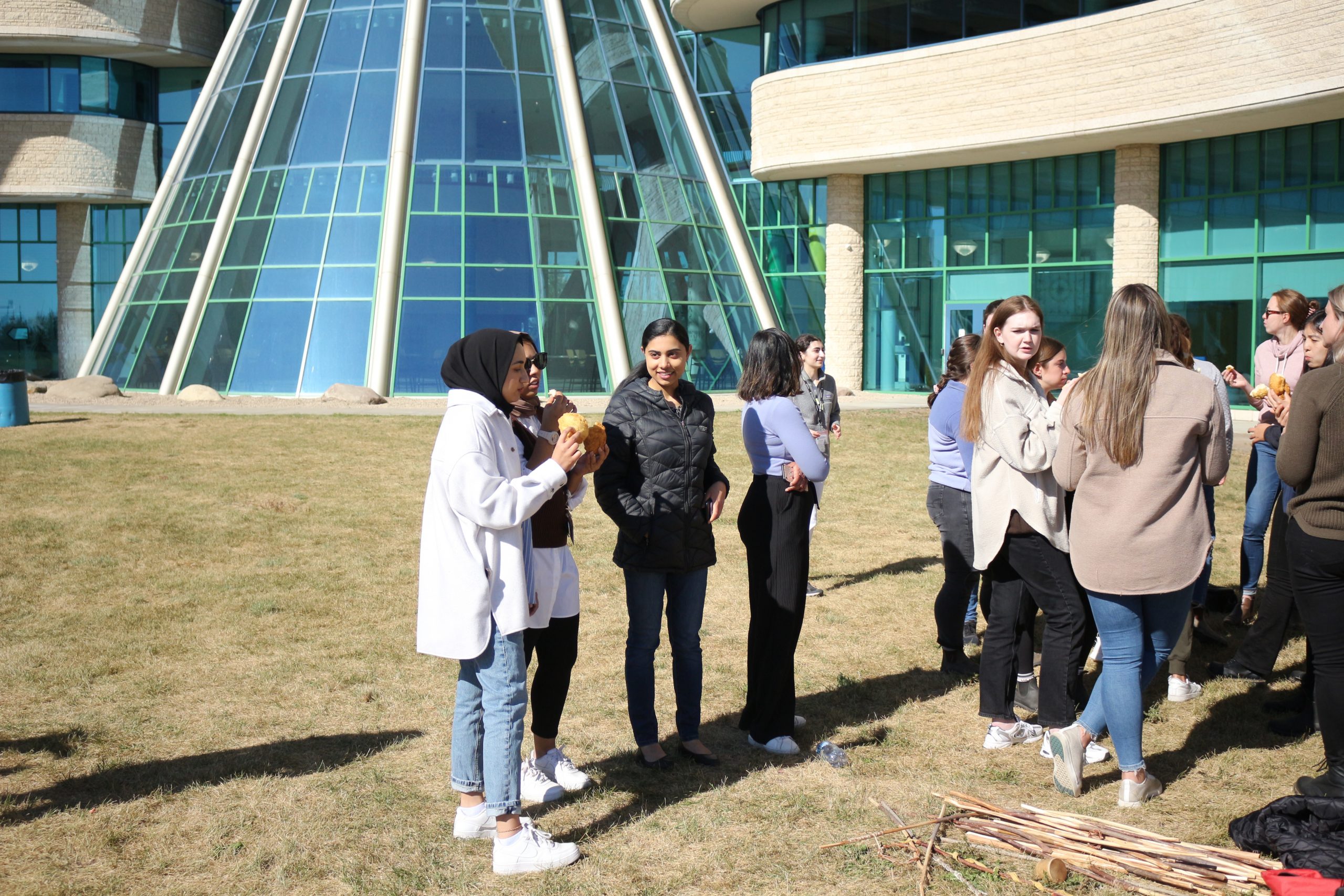
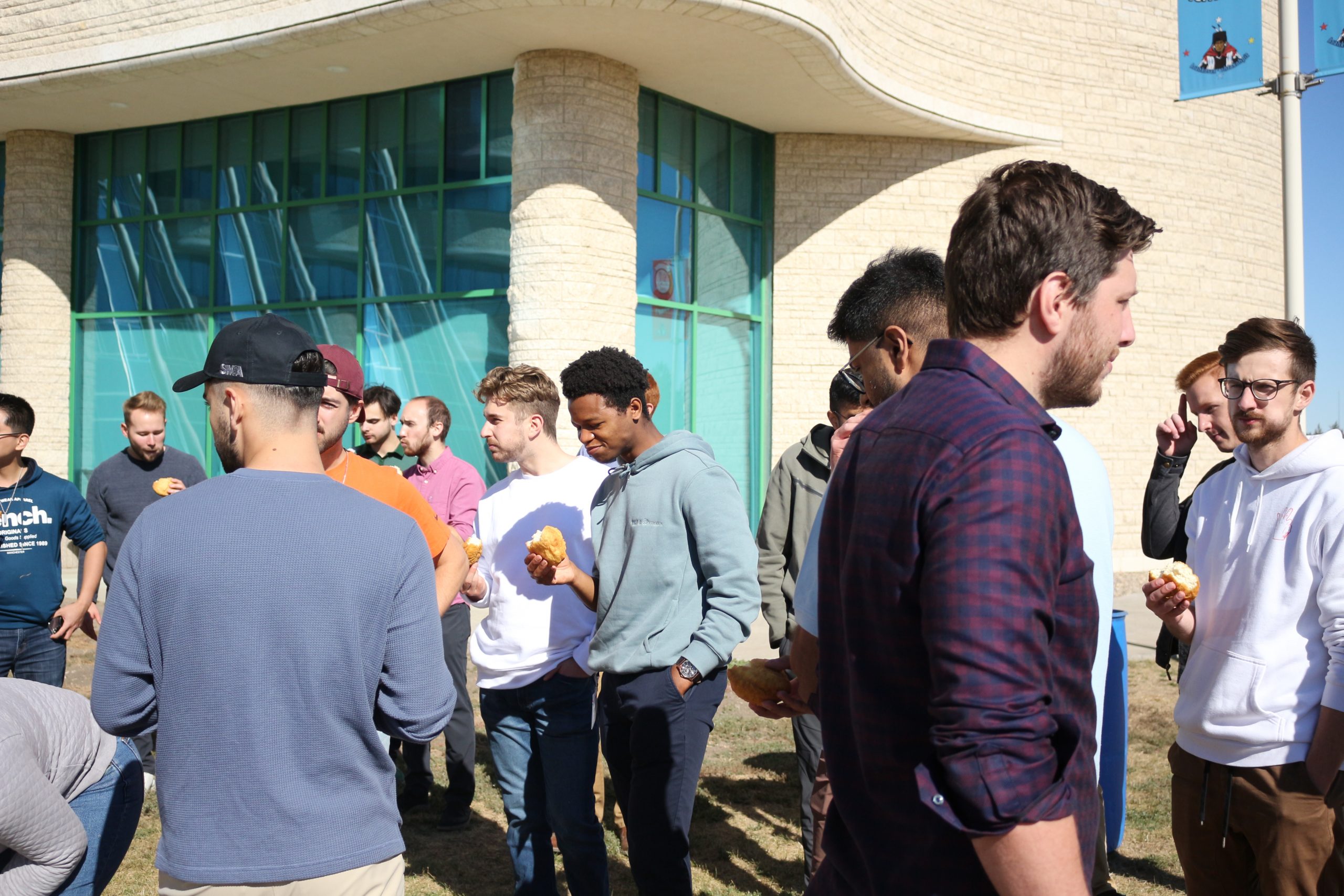
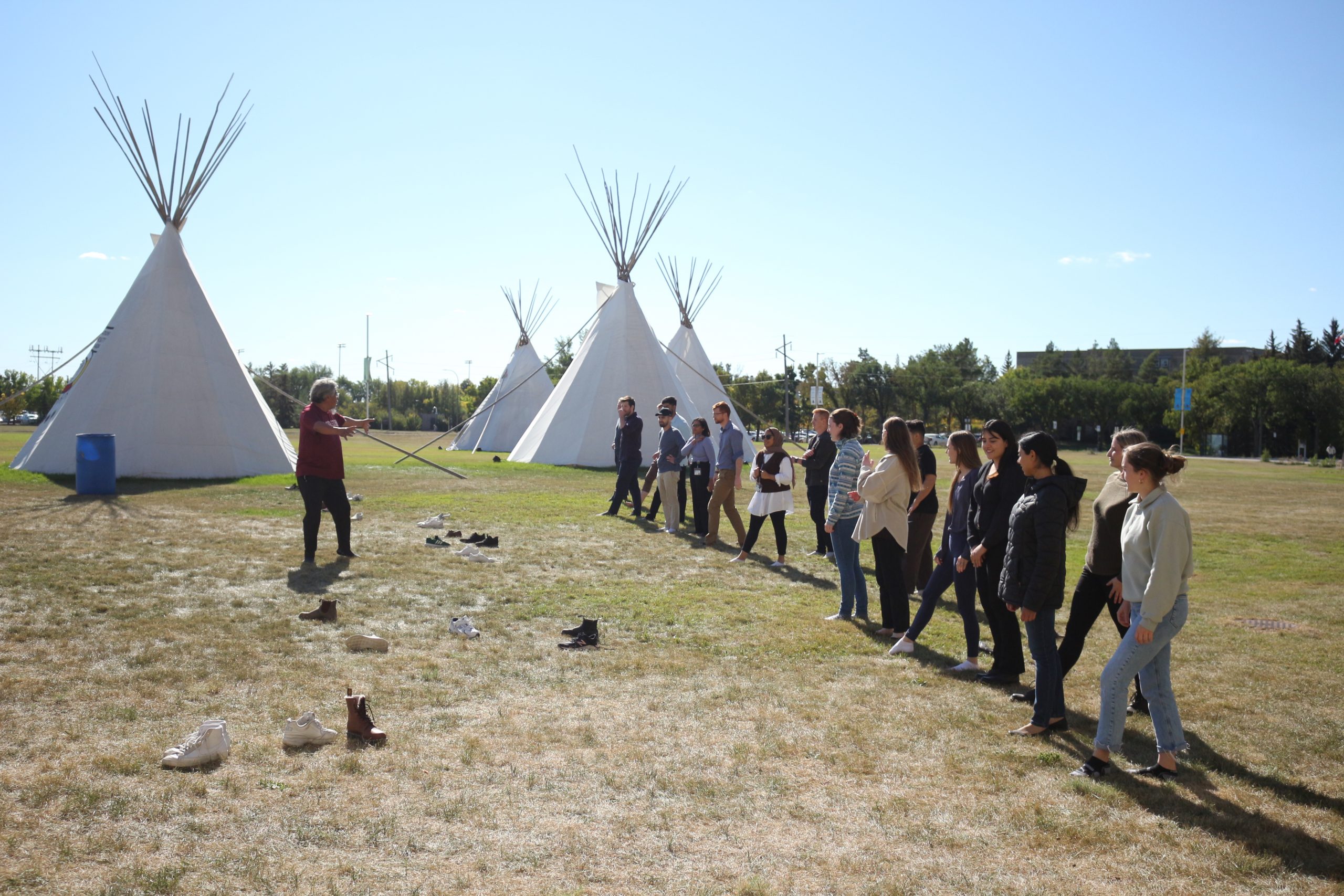
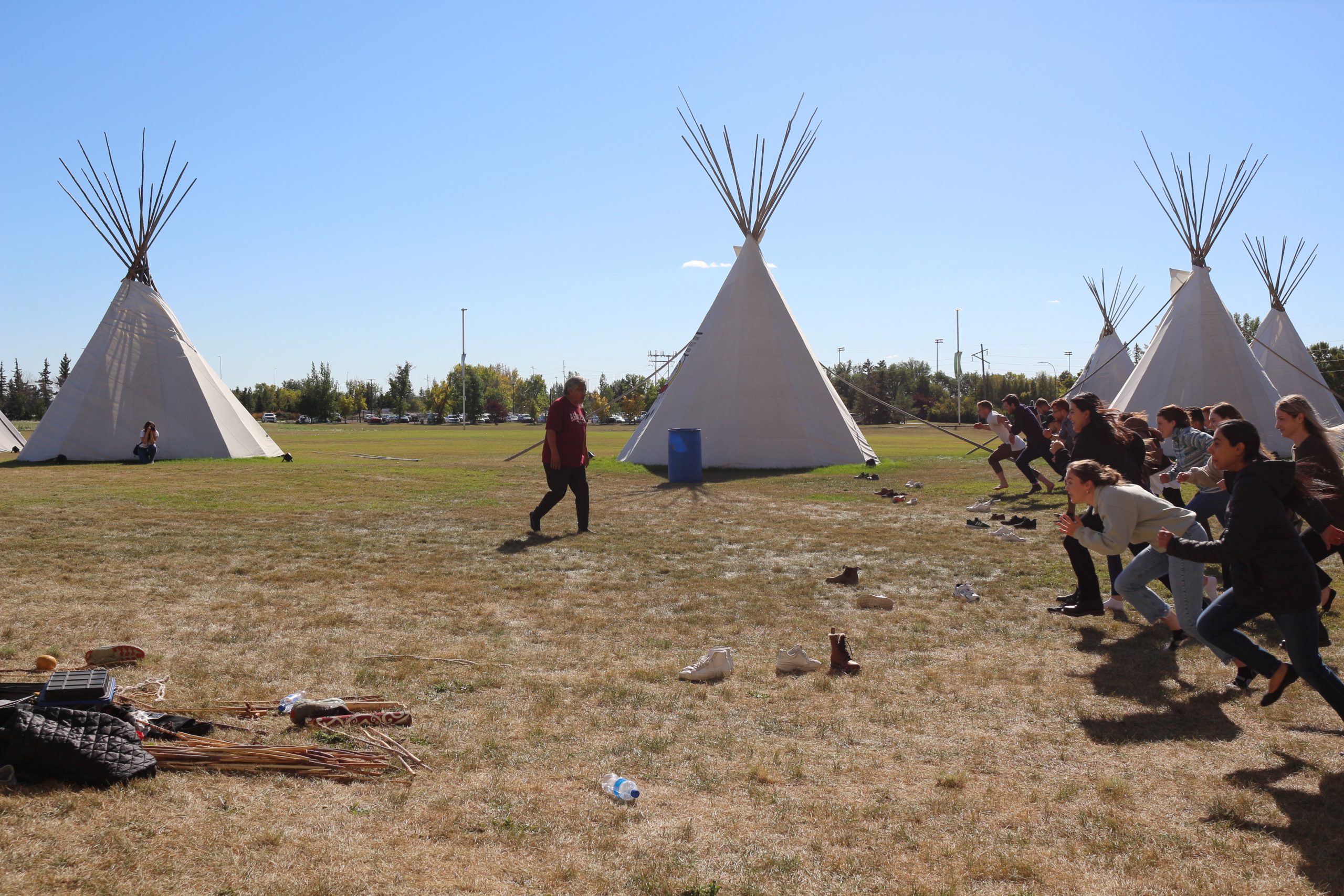
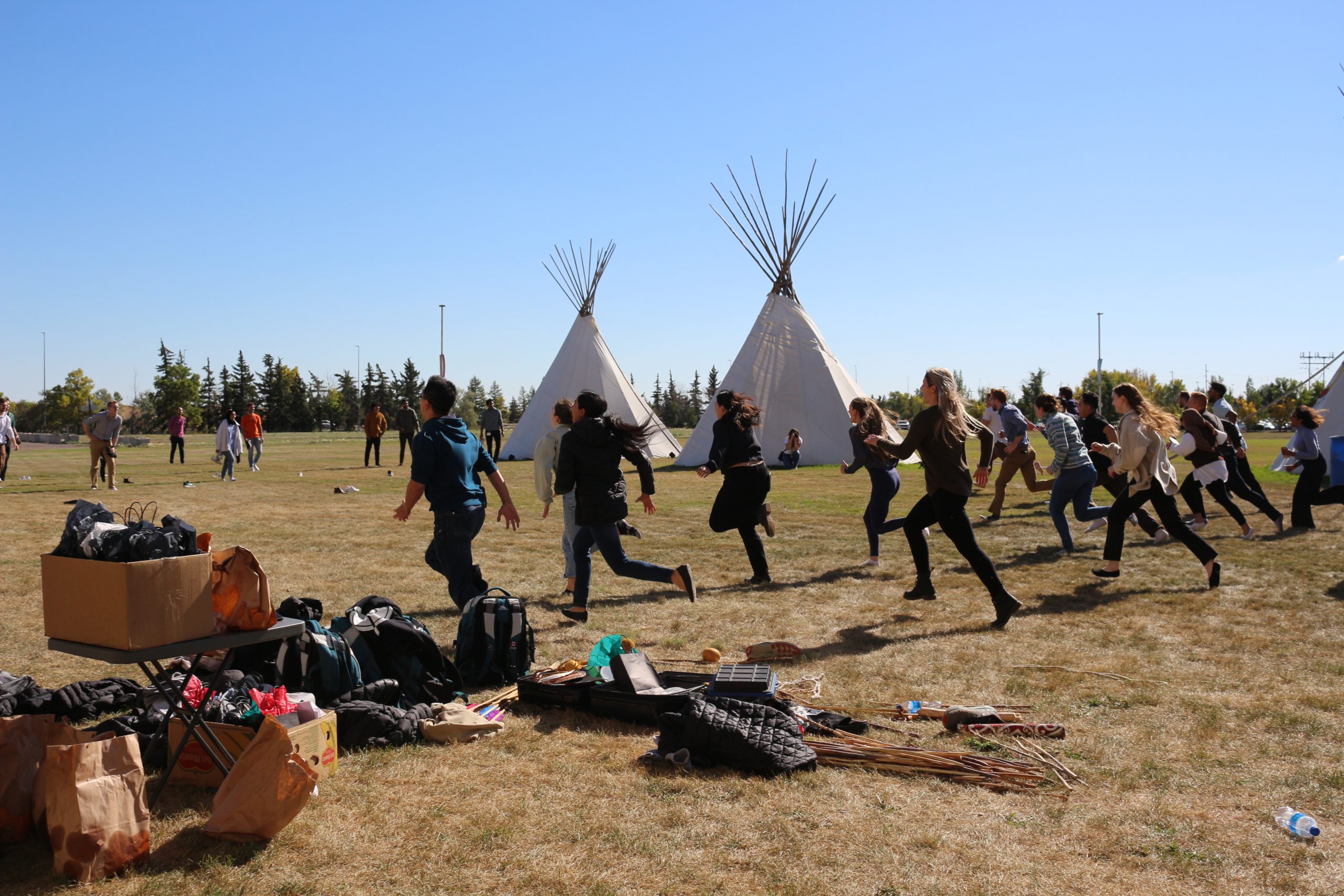
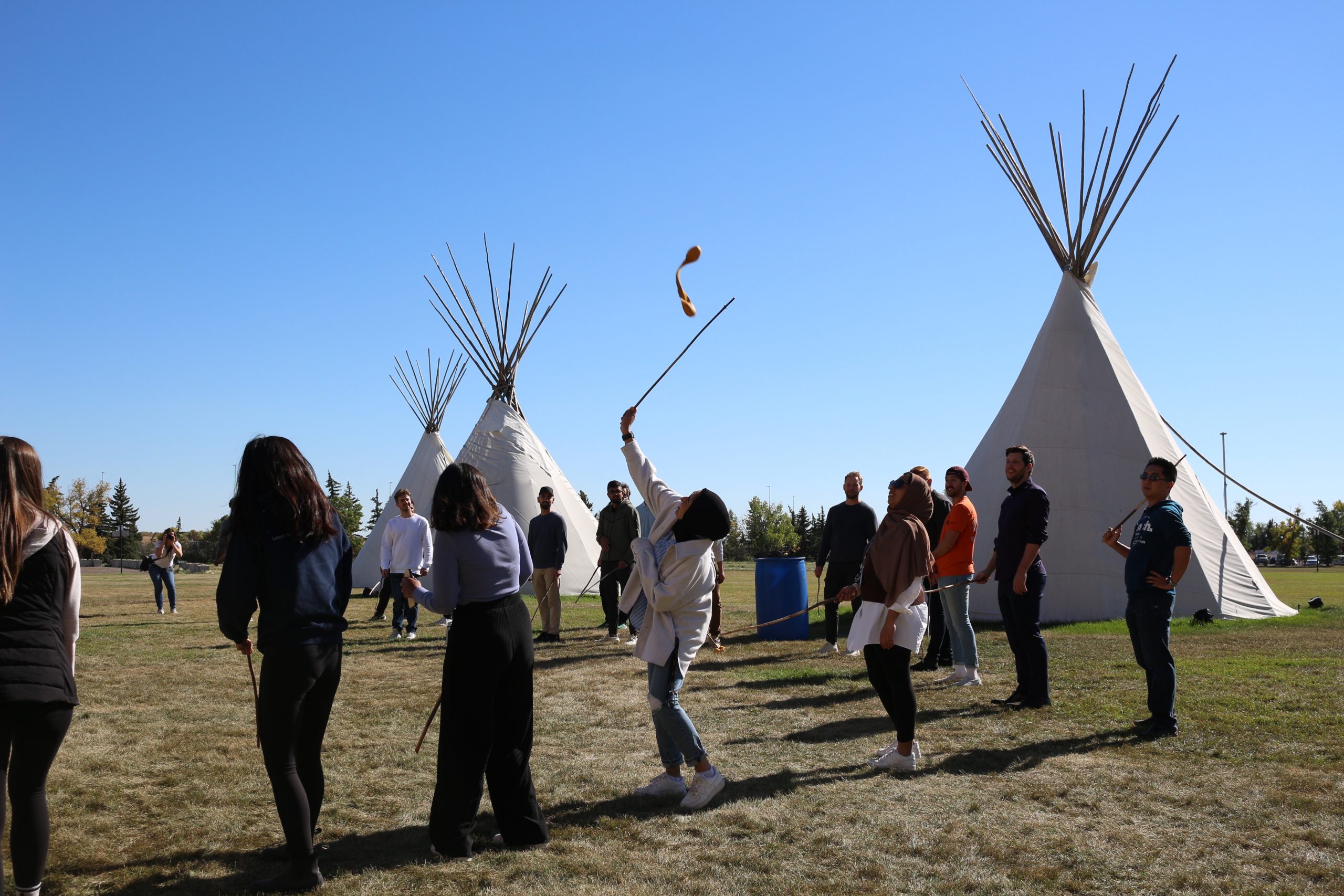
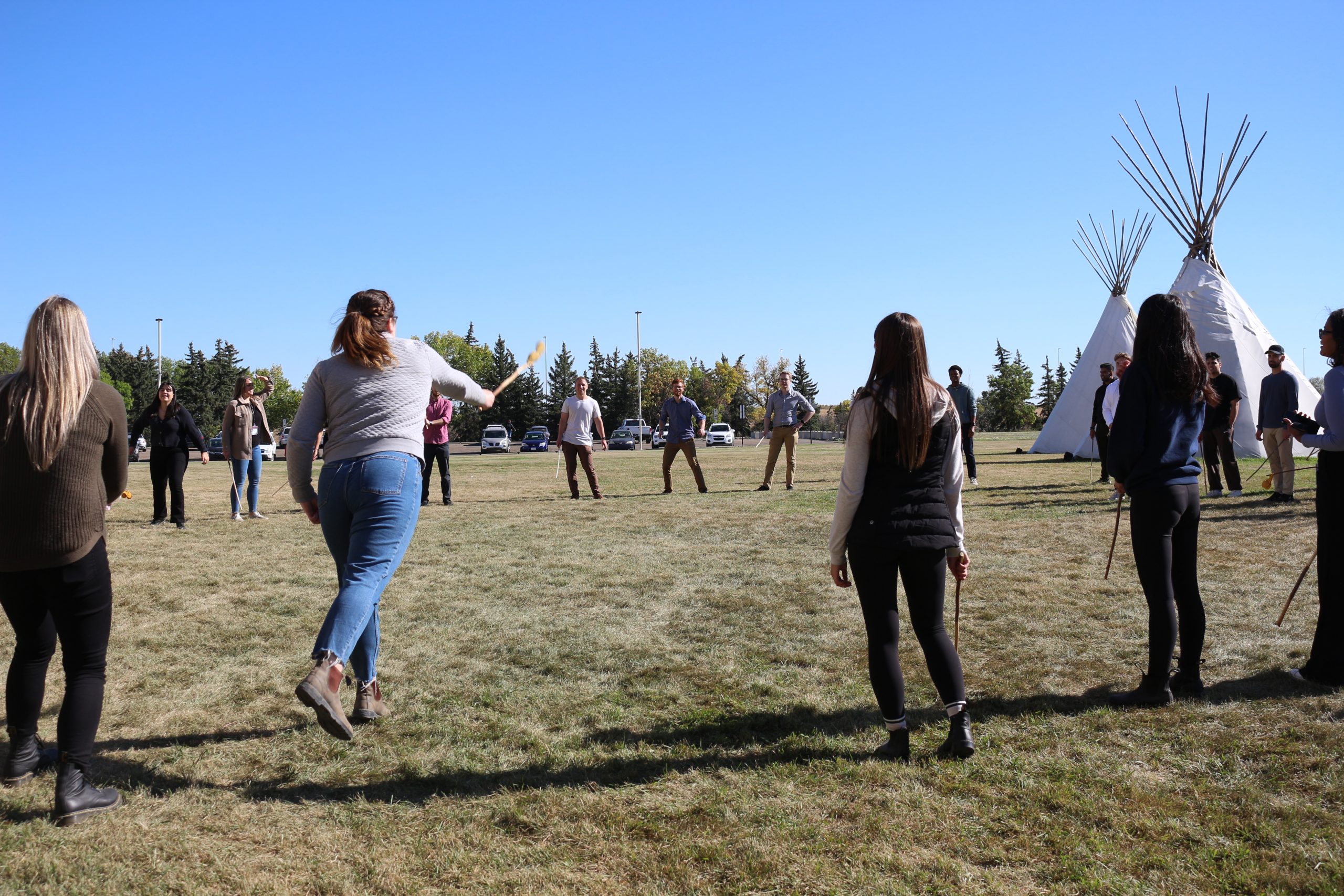
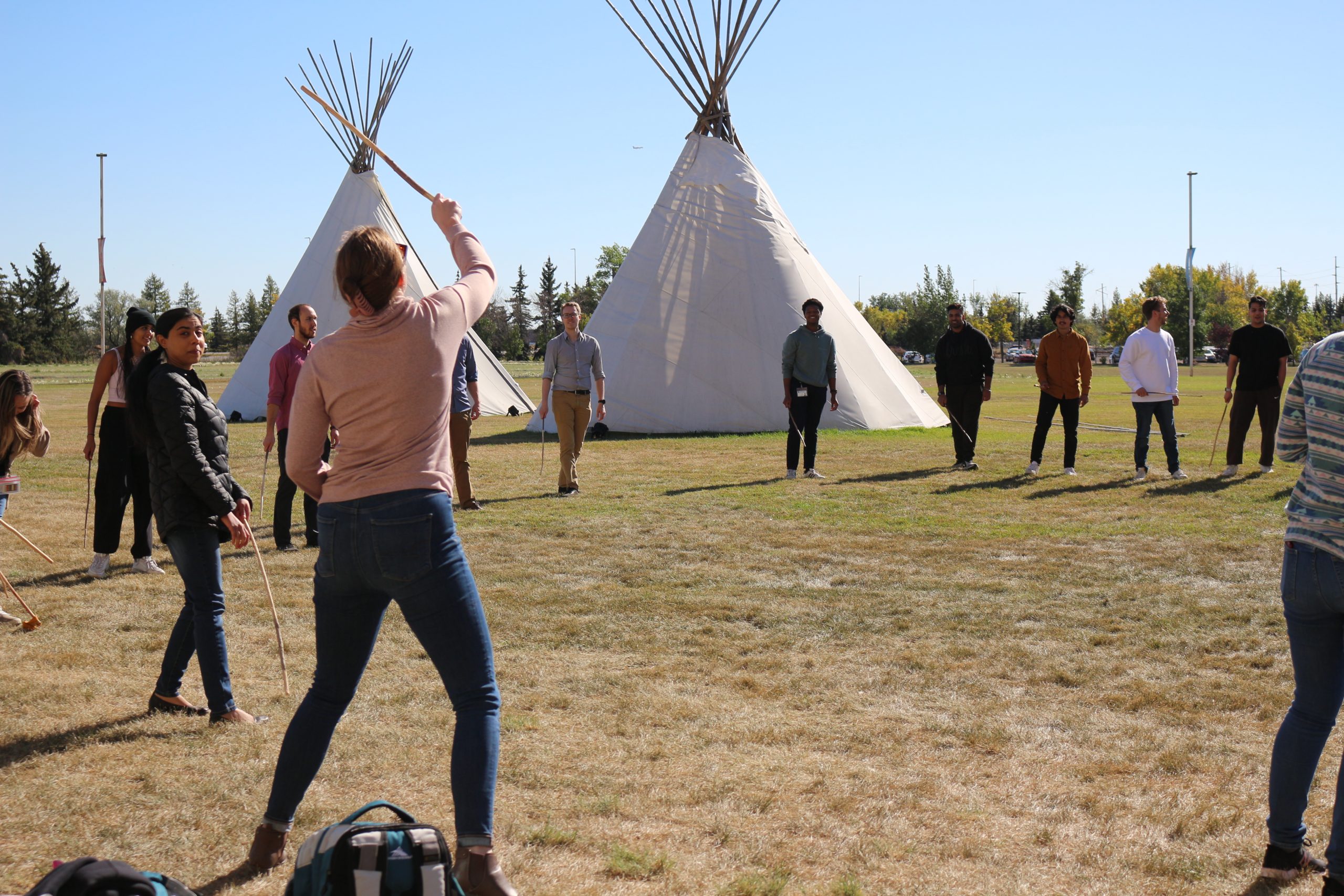
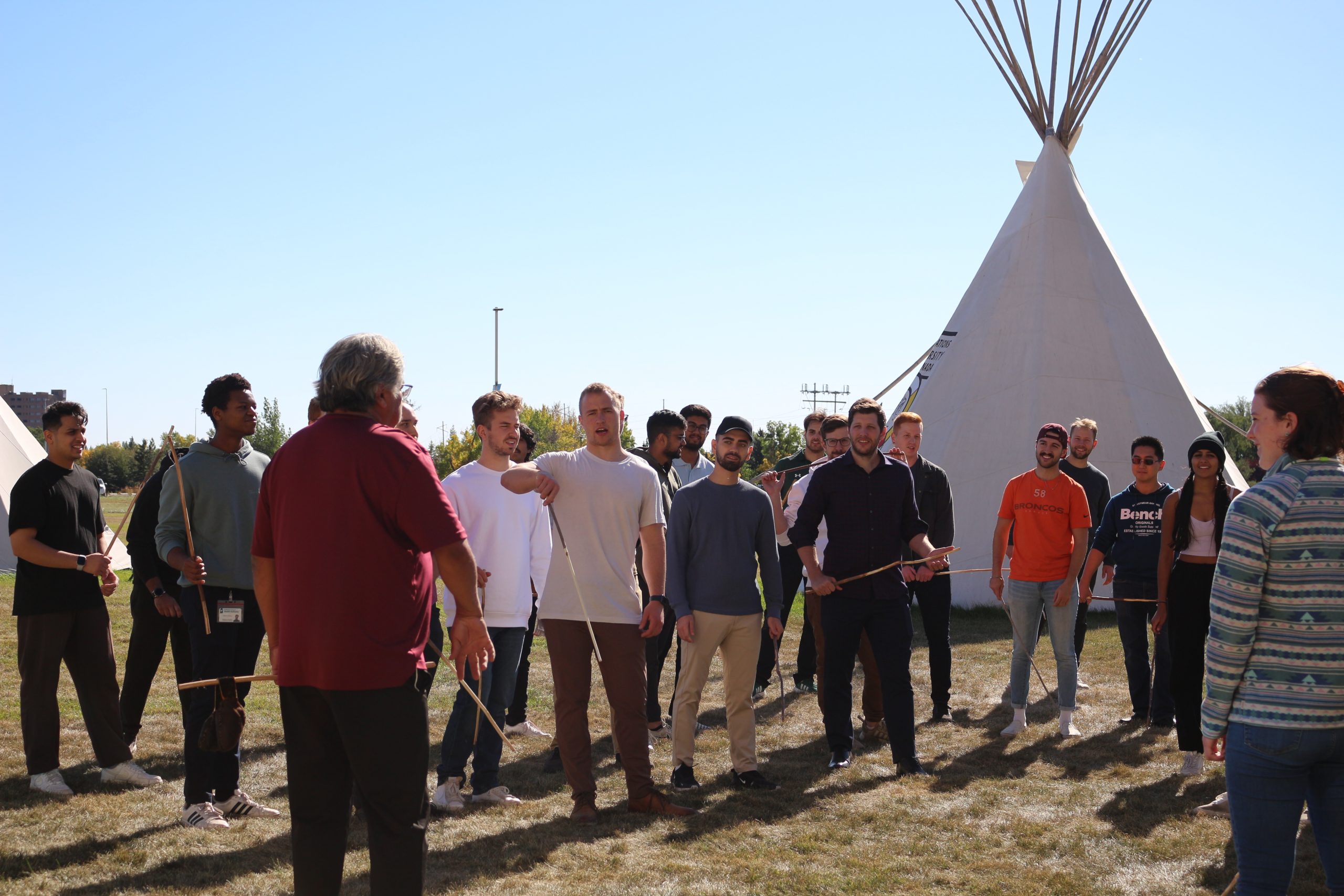
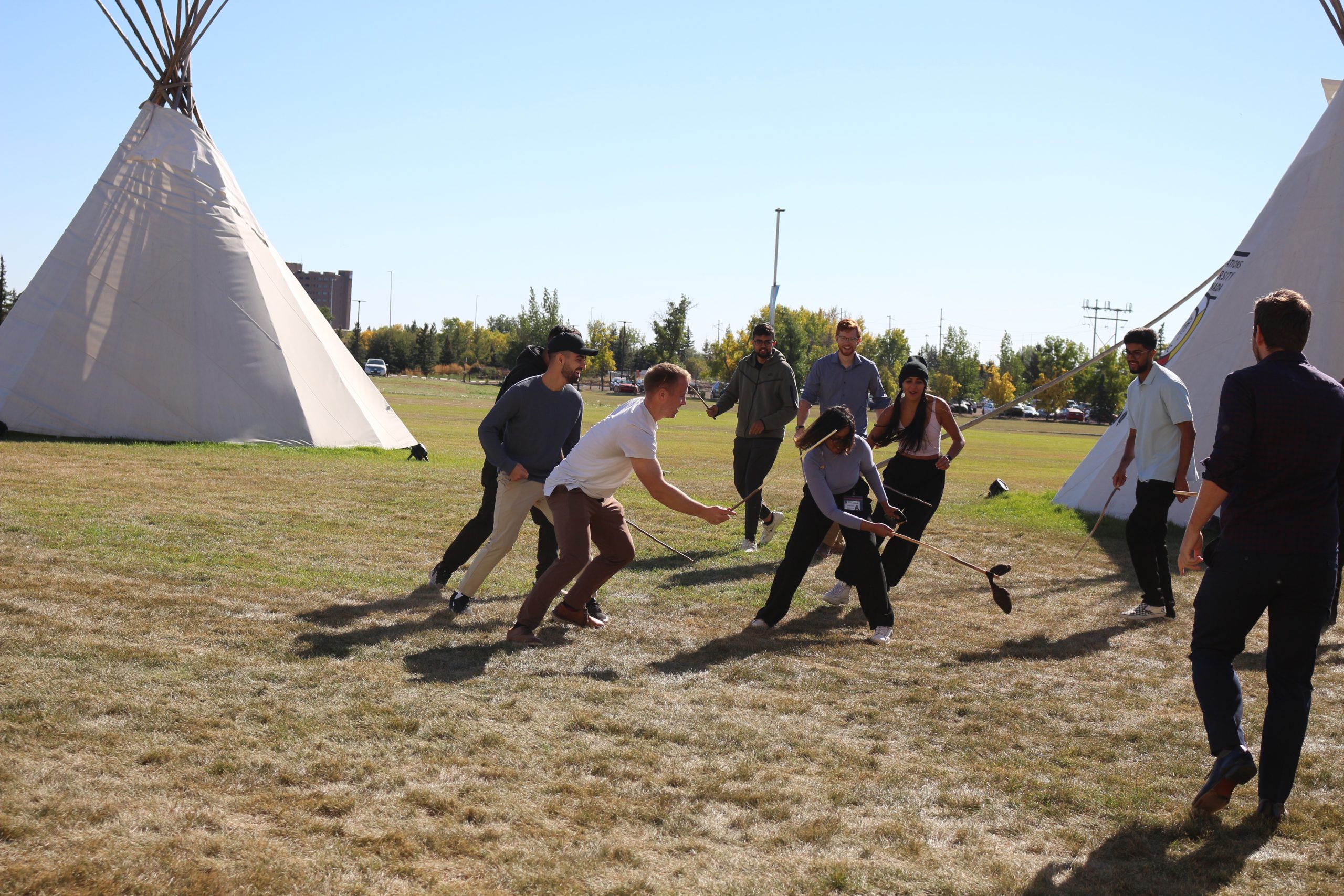
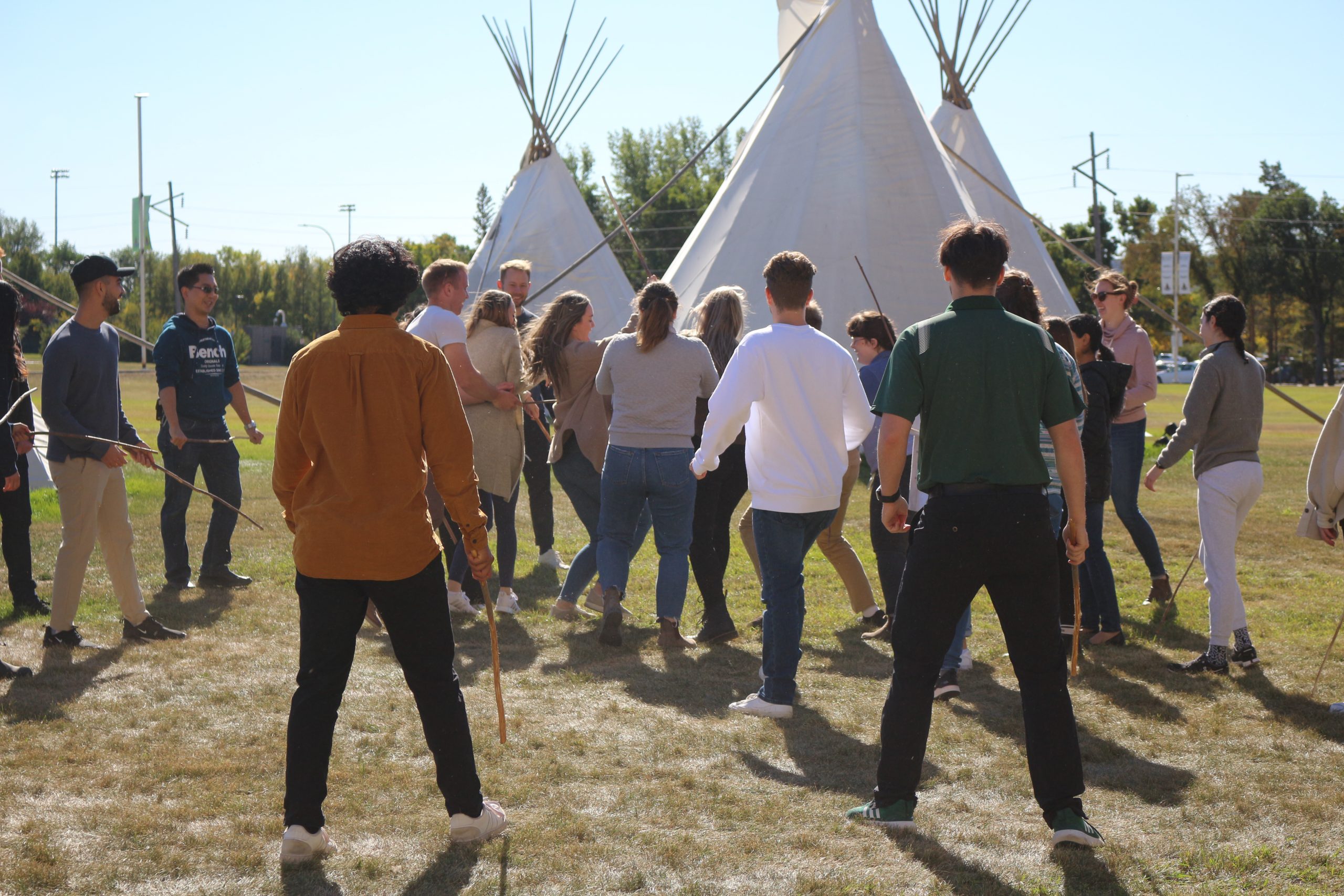
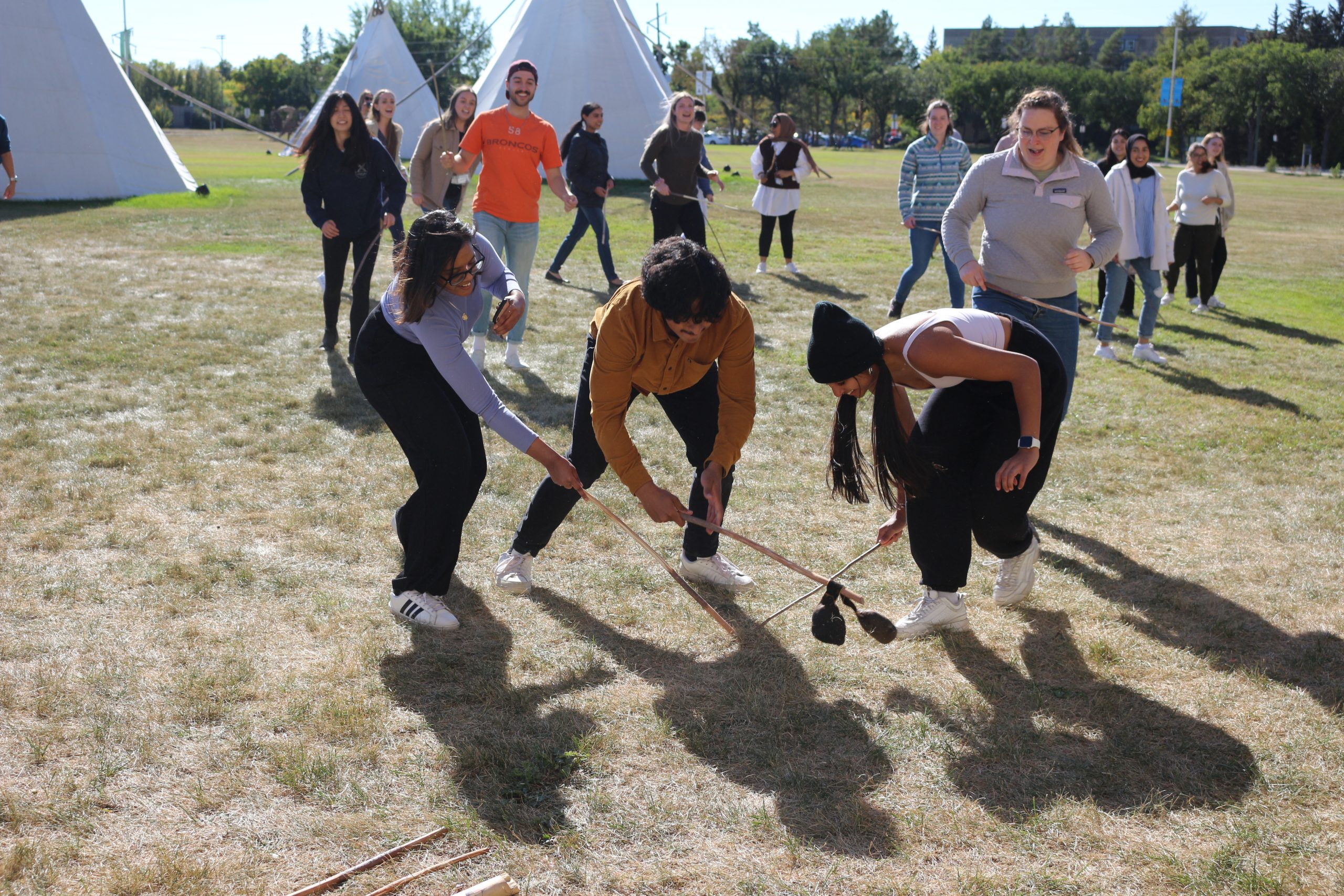
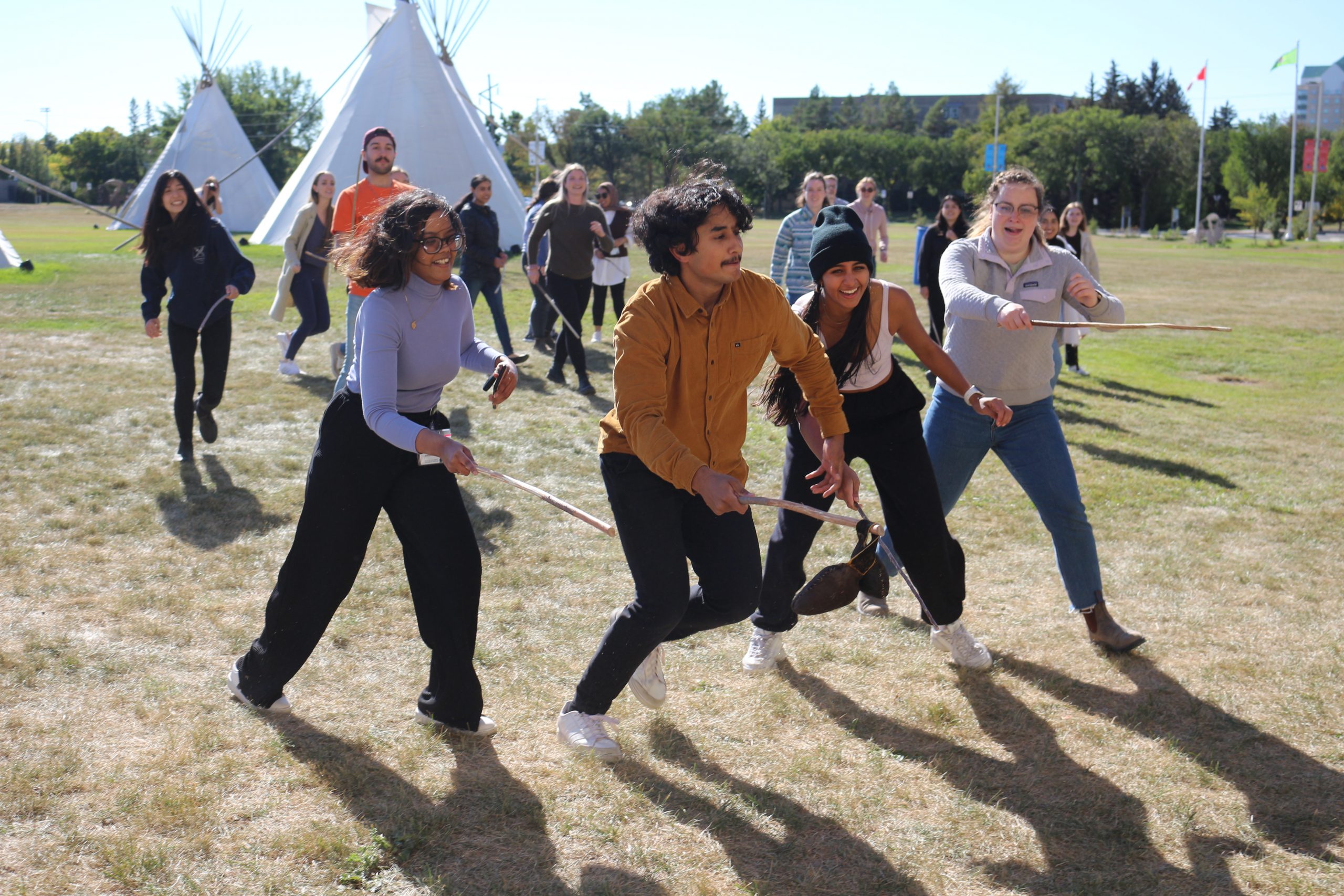
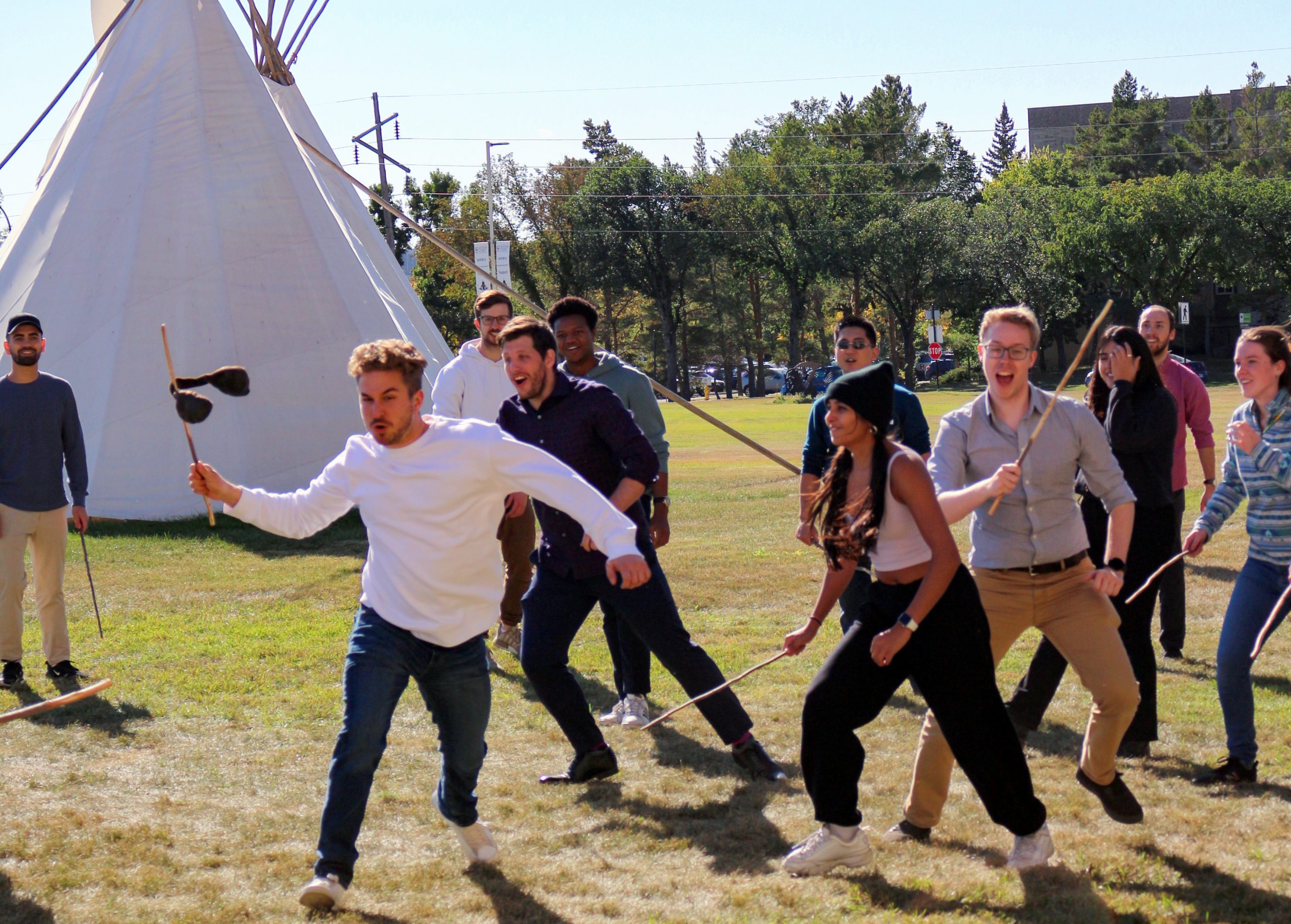
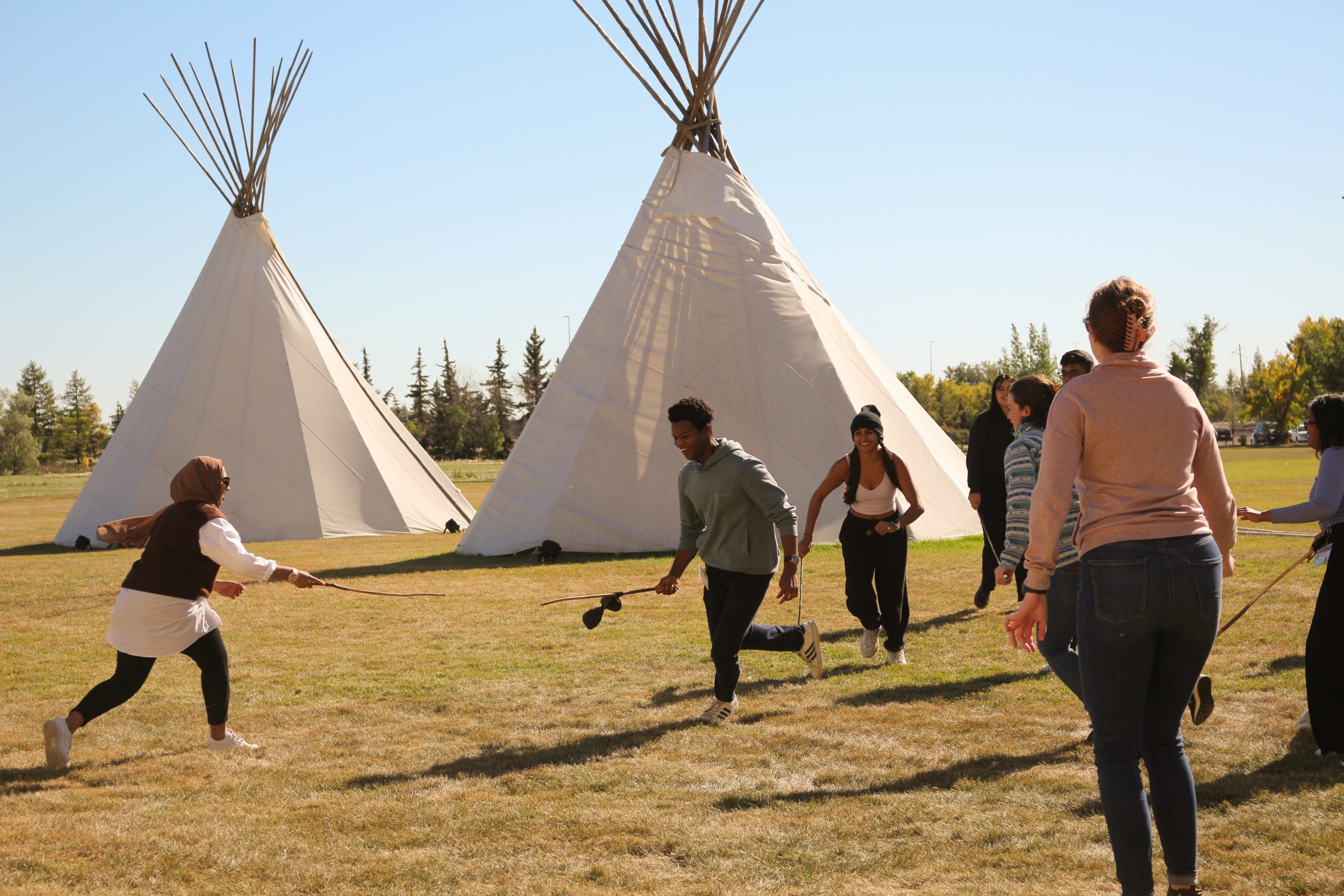
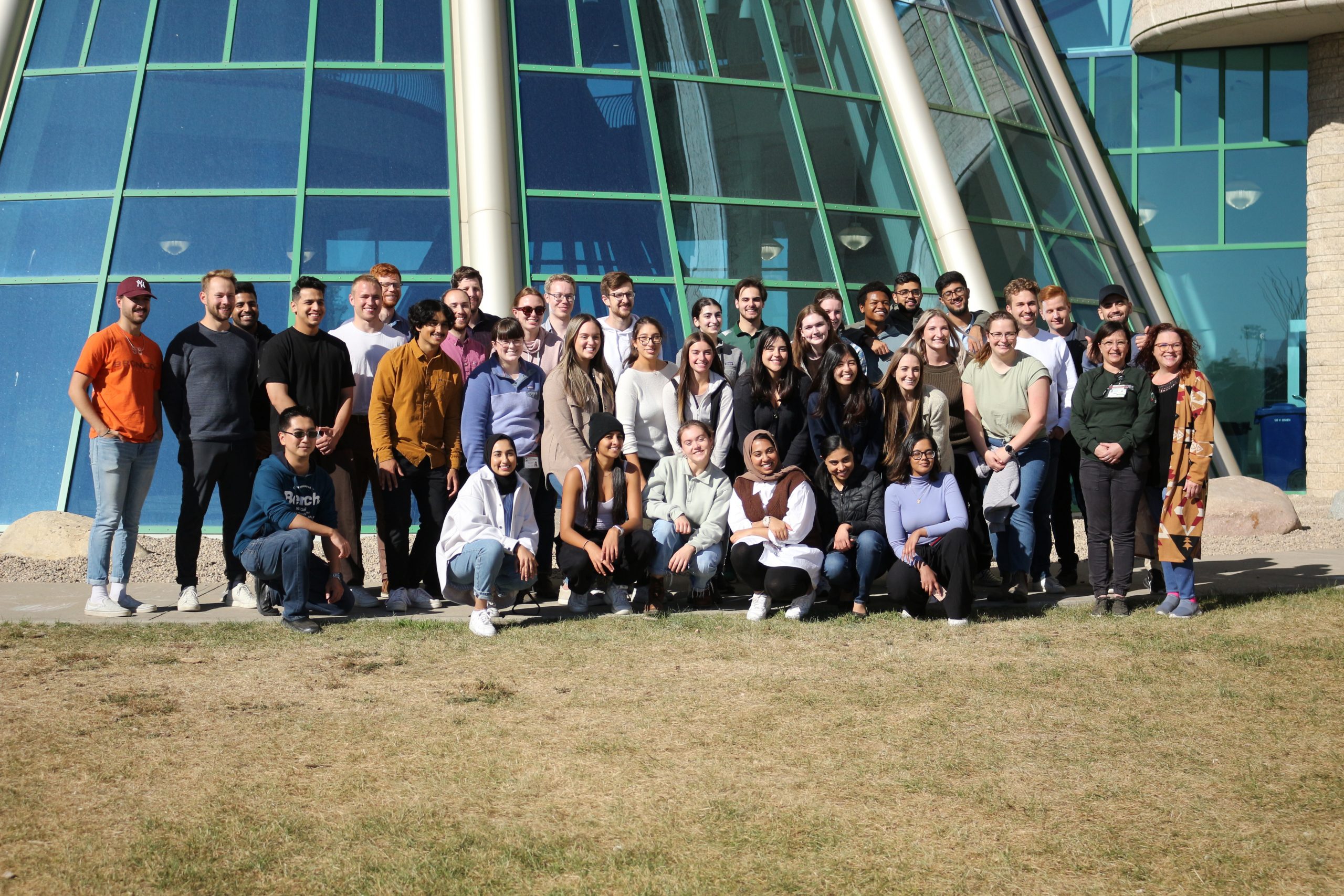
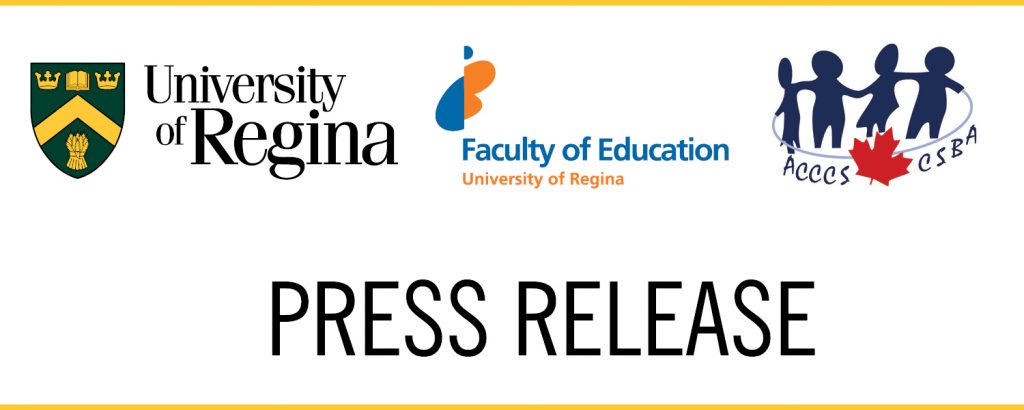
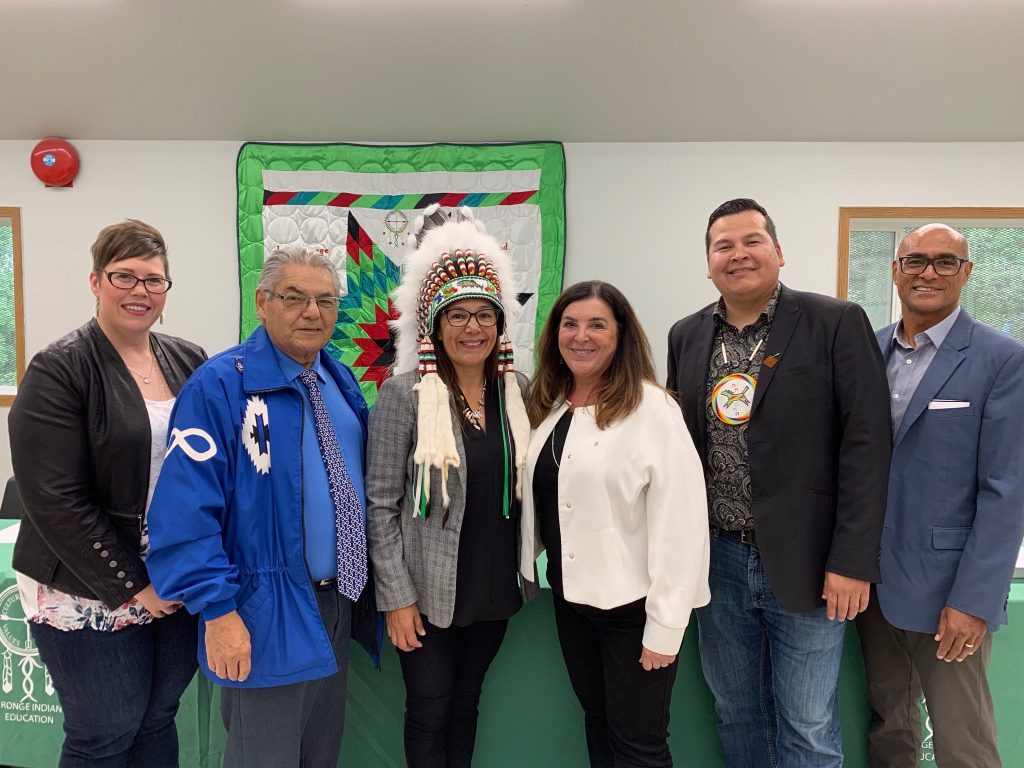
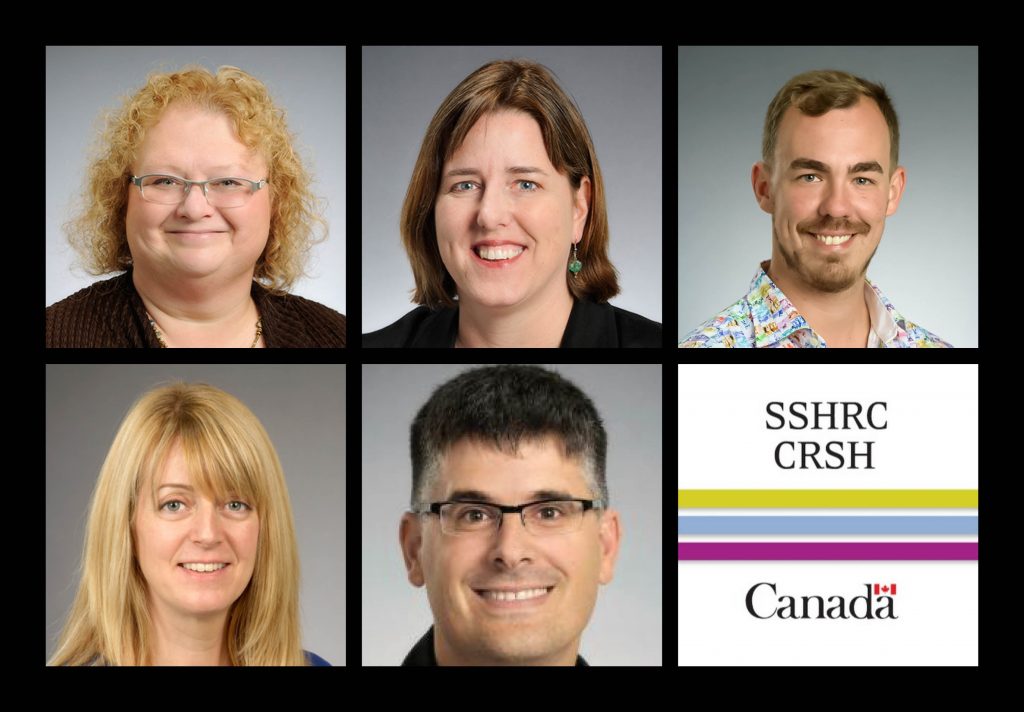
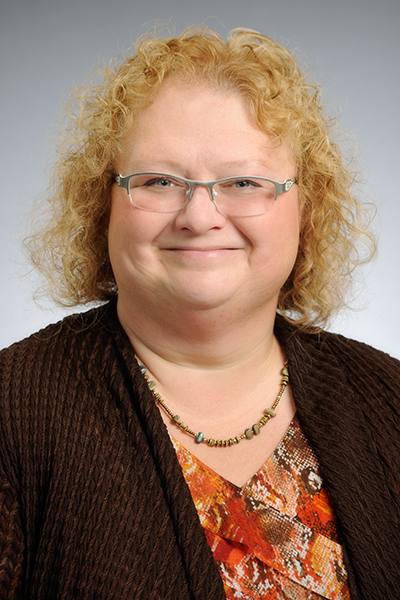
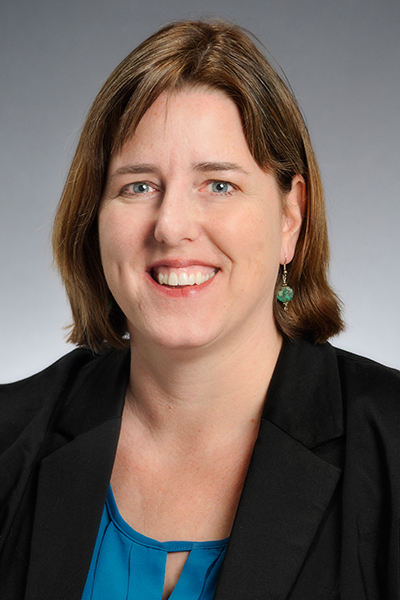
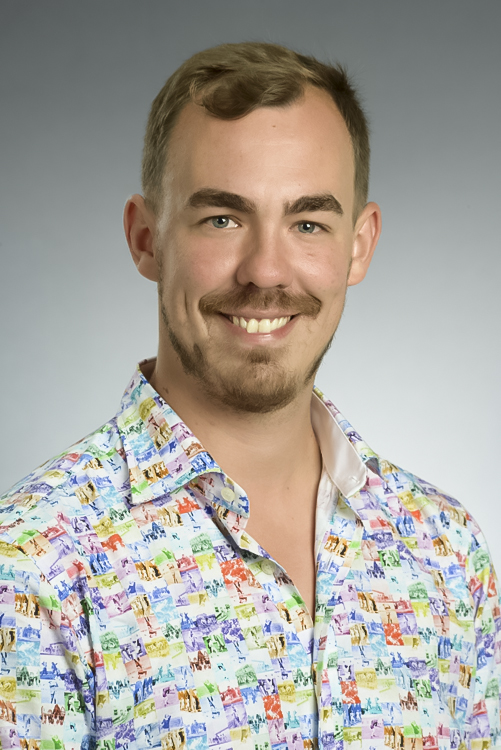
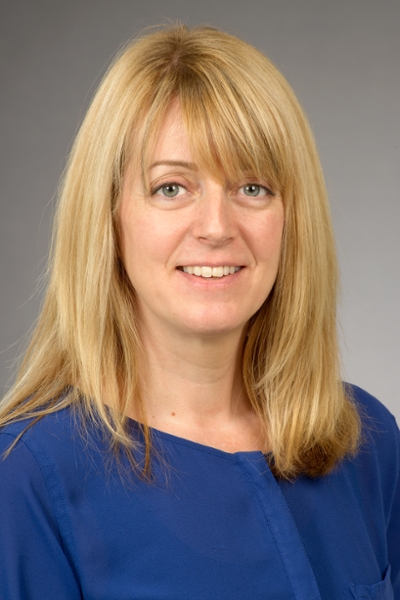
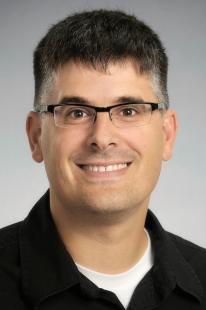
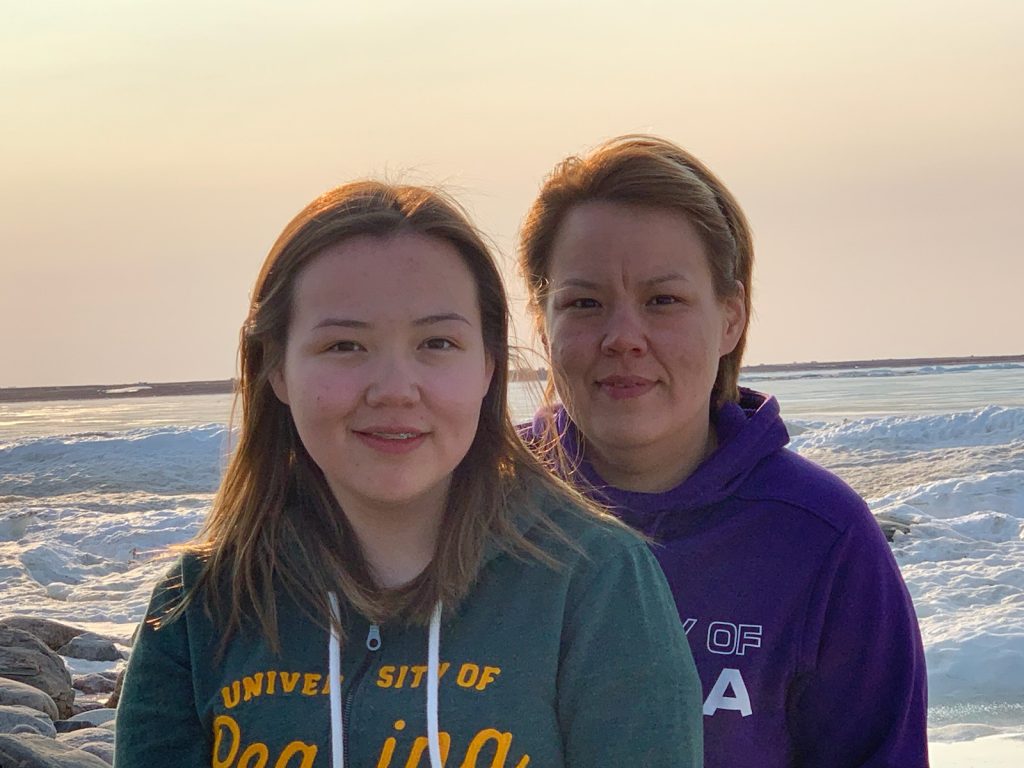
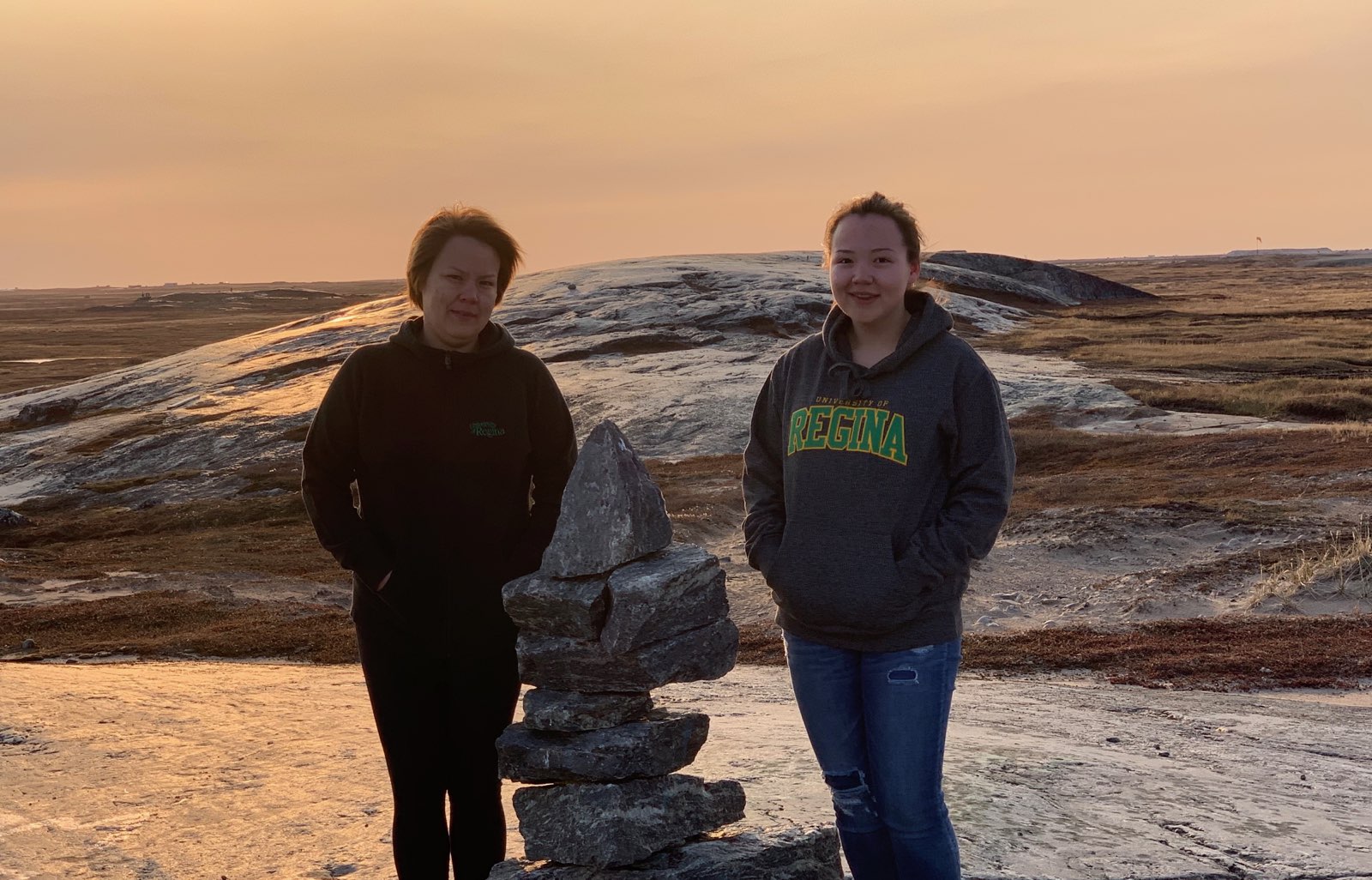
 Copland says, “We both felt so lucky to study alongside each other. I think it’s rare for a mom and daughter from Nunavut to attend the same university at the same time. The best part of it all was the support I was able to give her. We are from a small community and there was a big change in scenery so being there for her when she was trying to adjust to all the change was something I’d want to do with all my children. I want them to know that there is a whole world for them to explore out there—‘it’s a small world after all!’”
Copland says, “We both felt so lucky to study alongside each other. I think it’s rare for a mom and daughter from Nunavut to attend the same university at the same time. The best part of it all was the support I was able to give her. We are from a small community and there was a big change in scenery so being there for her when she was trying to adjust to all the change was something I’d want to do with all my children. I want them to know that there is a whole world for them to explore out there—‘it’s a small world after all!’”